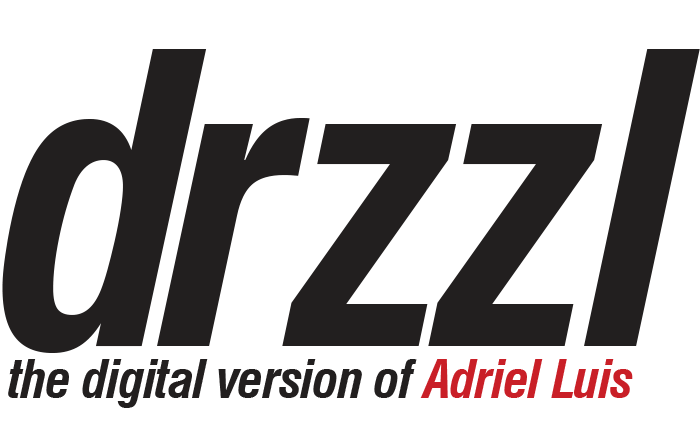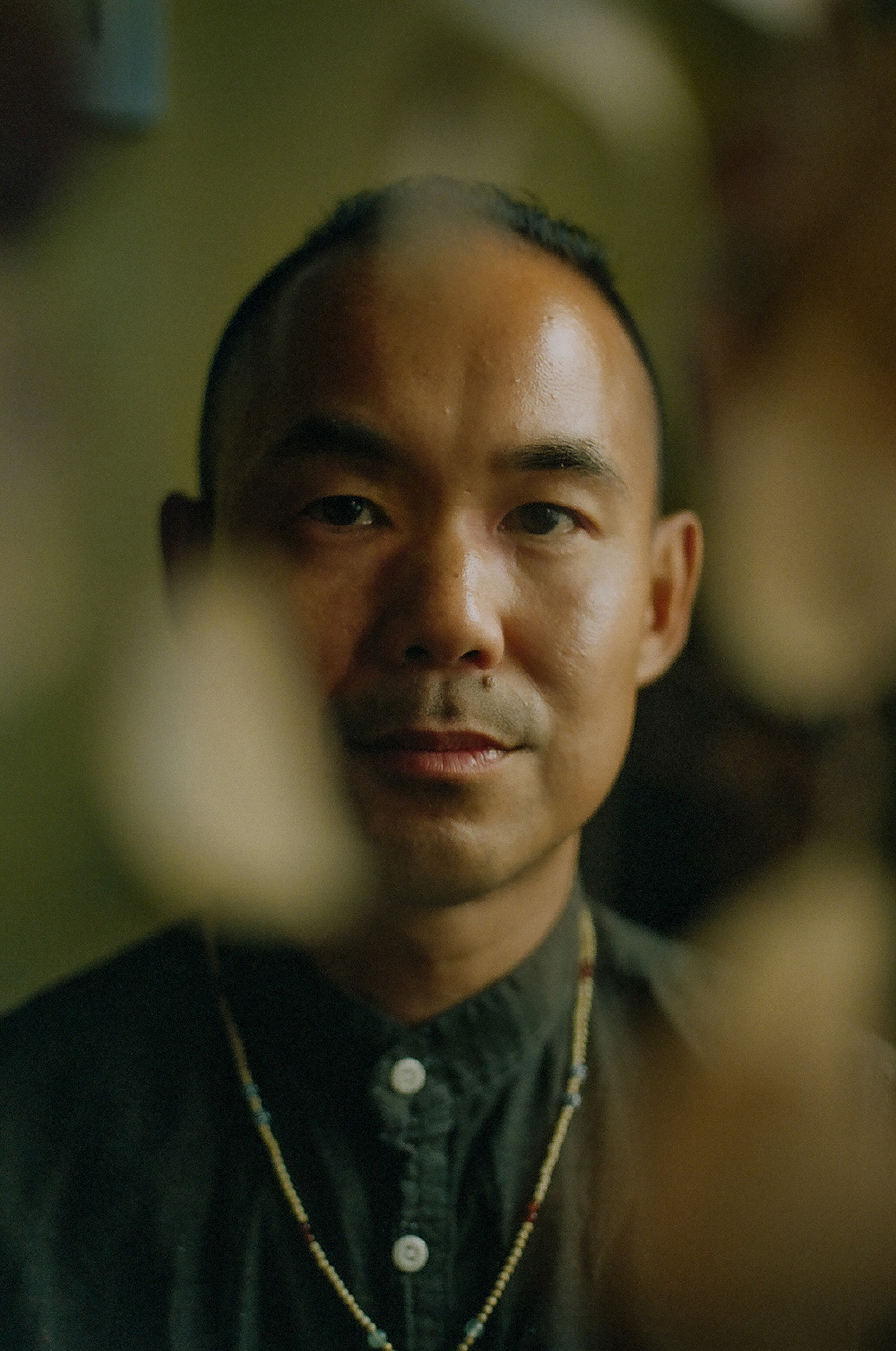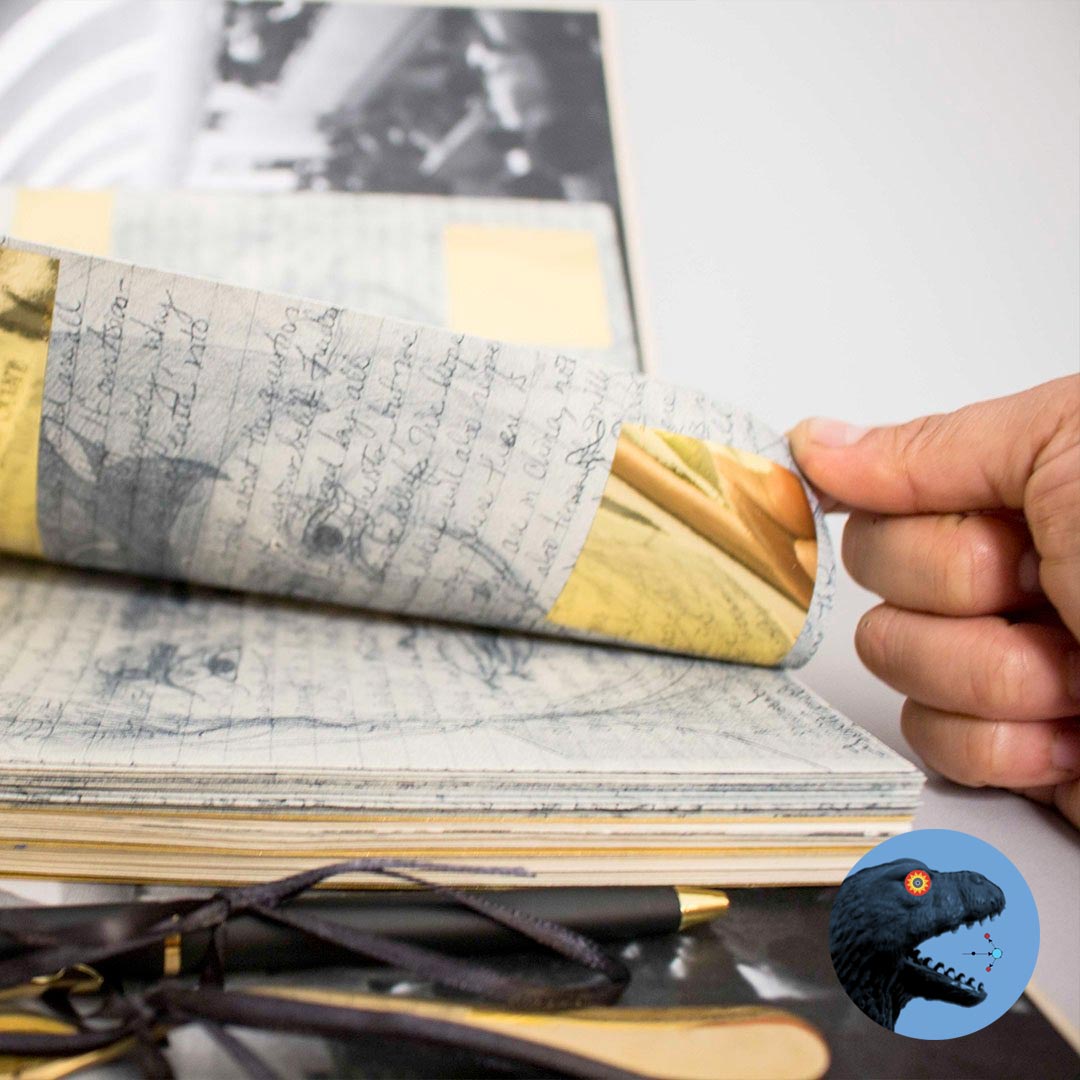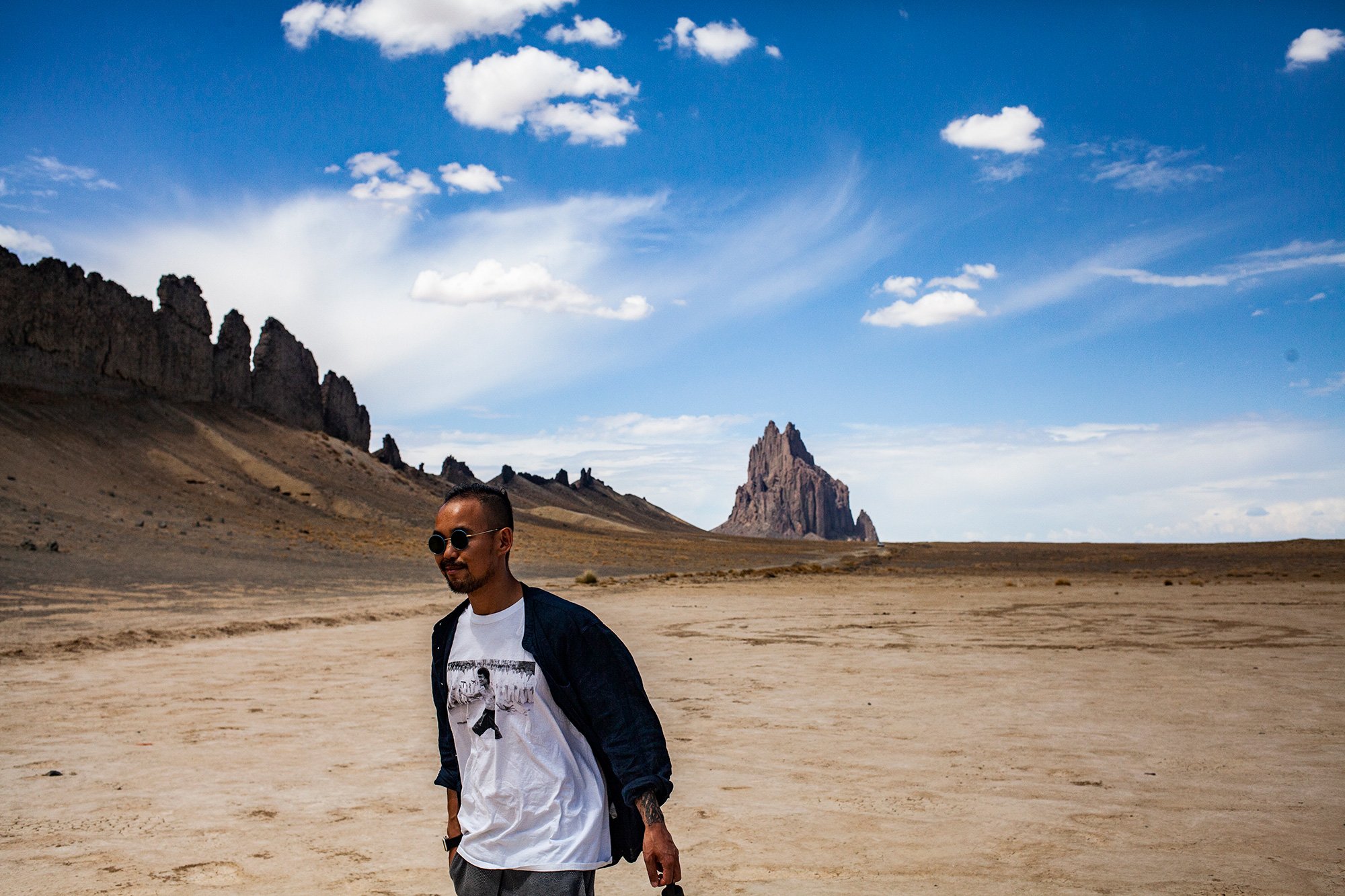
Hi, I’m Adriel Luis. I am an artist, curator, and community organizer who believes in the social power of our collective imagination. I curate community-centered art shows, make art that thrives on collaboration, and share ideas for cultivating creative, ambitious, loving ways to address today’s most pressing issues.
Photo by Carmille Garcia
Adriel Luis is a community organizer, artist, writer, and curator who believes that collective liberation can happen in poetic ways. His life’s work is focused on the mutual thriving of artistic integrity and social vigilance. He is a part of the iLL-Literacy arts collective, which creates music and media to strengthen Black and Asian coalitions, and is creative director of Bombshelltoe, a collaborative of artists and leaders from frontline communities responding to nuclear histories. Adriel is the Curator of Digital and Emerging Practice at the Smithsonian Asian Pacific American Center. His ancestors are rooted in Toisan, China, and migrated through Hong Kong, Mexico, and the United States. Adriel was born on Ohlone land.
Adriel has curated projects in a range of venues including several museums across the Smithsonian in Washington D.C.; MoMA and Pearl River Mart in New York City; Queensland Art Gallery in Brisbane, Australia; Silo Park in Auckland, Aotearoa; Atom Bar in Buenos Aires, Argentina; and an abandoned Foodland in Honolulu, Hawaiʻi. His writing has appeared in Poetry Magazine, the Asian American Literary Review, and Smithsonian Magazine. He has spoken at the Tate Modern, Yale University, the National Museum of African American History and Culture, and the China Academy of Fine Arts. His performance venues include the Brooklyn Academy of Music, SXSW, the John F. Kennedy Center, and the American University of Paris. He has a degree from UC Davis in Community and Regional Development and a minor in Asian American Studies. His latest collection of poetry, DADRIEL (2024), is a reflection on his first years of fatherhood.
Photo by Jess X. Snow
Please get in touch via a@drzzl.com or the form below. TTYS!
*email address is encoded, please type it out manually instead of copy+paste
Most of what I do is with
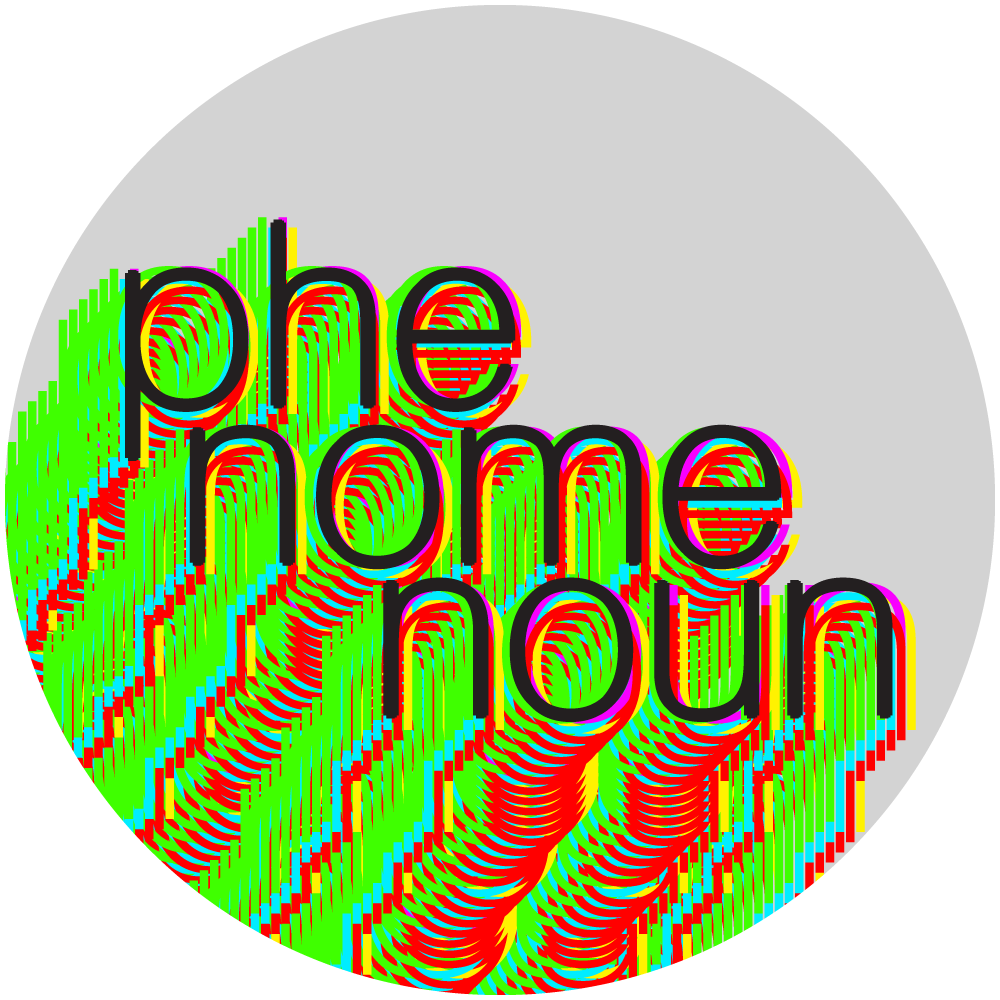
Phenomenoun
A creative shop that finds beautiful approaches to difficult conversations.
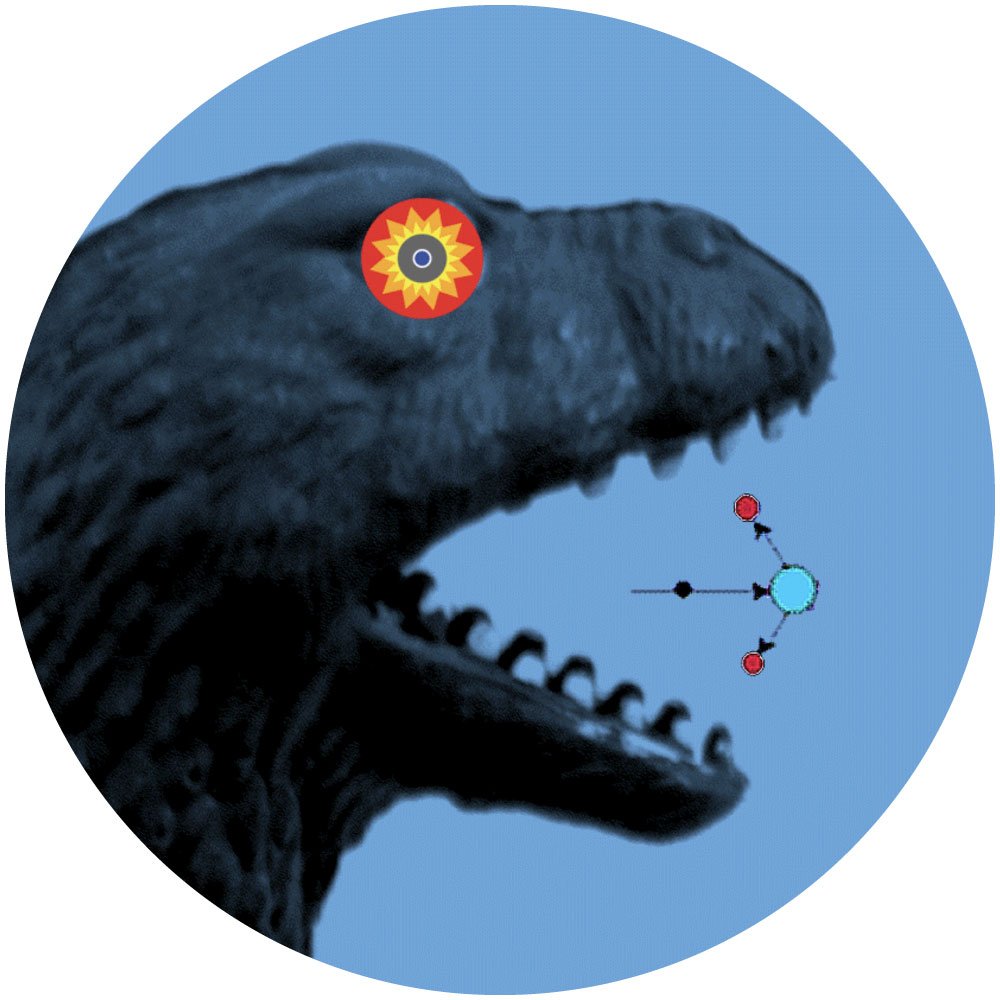
Bombshelltoe
An arts collective that highlights the human side of nuclear issues.

iLL-Literacy
An ever-evolving ensemble chasing the limits of words, music & art.

SmithsonianAPA
A community-centered museum at the edge of creative culture.
Current / Recent
I’m currently researching, critiquing & imagining beyond how histories of colonization shape our everyday lives. Most of my current projects investigate what connects indigeneity, diaspora & belonging. Right now I’m reading and thinking about origin/creation stories, histories of healing practices, and digital intimacy.
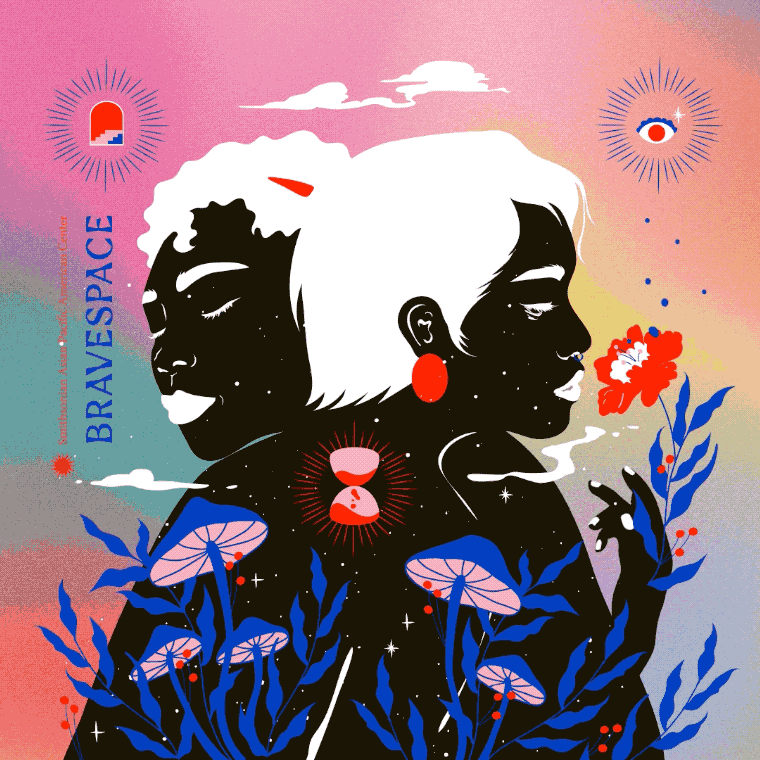
Bravespace
A New Music Compilation for Meditation, Mindfulness, and Collective Healing
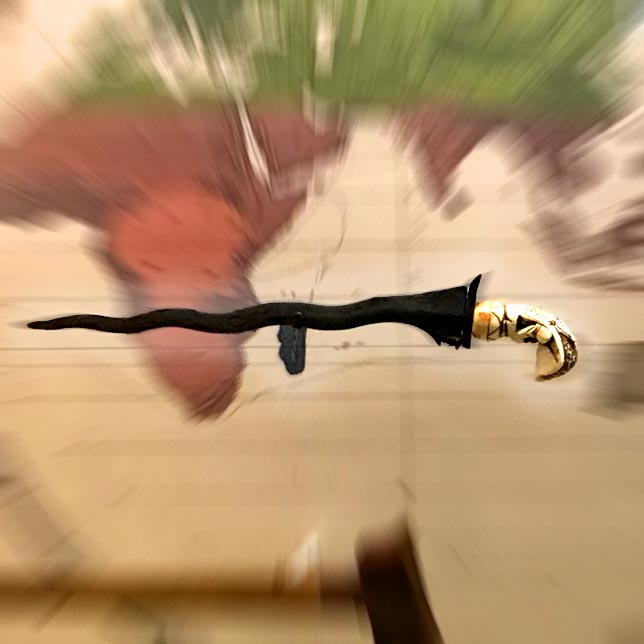
Keeping Ourselves Collected
Researching the Smithsonian's imperial legacy and current role in racial discourse.
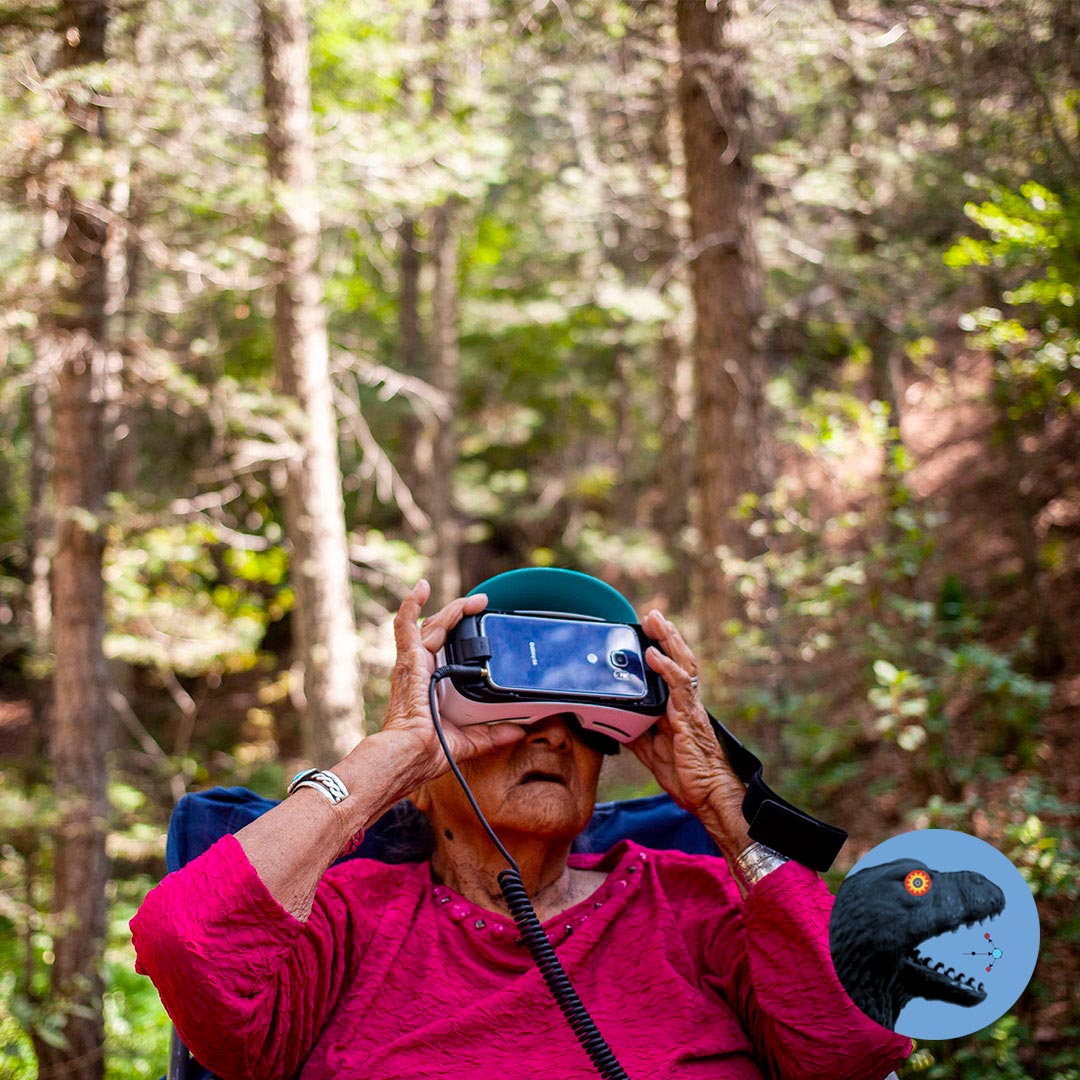
Ways of Knowing
A multimedia project that recalls nuclear history from Navajo perspectives.
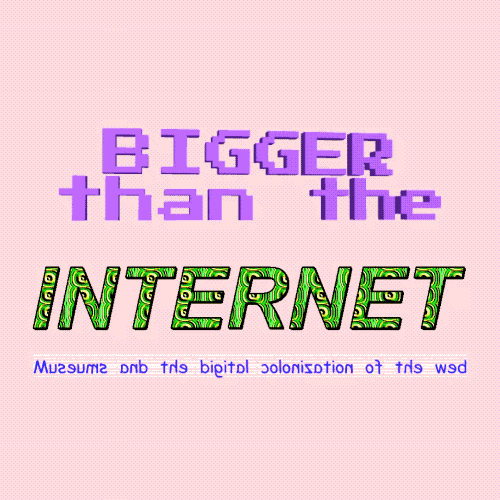
Bigger Than the Internet
A story about museums and the digital colonization of the web.
The Color Curtain Project
An art book & culinary experience that reflects on Afro-Asian solidarity & community.
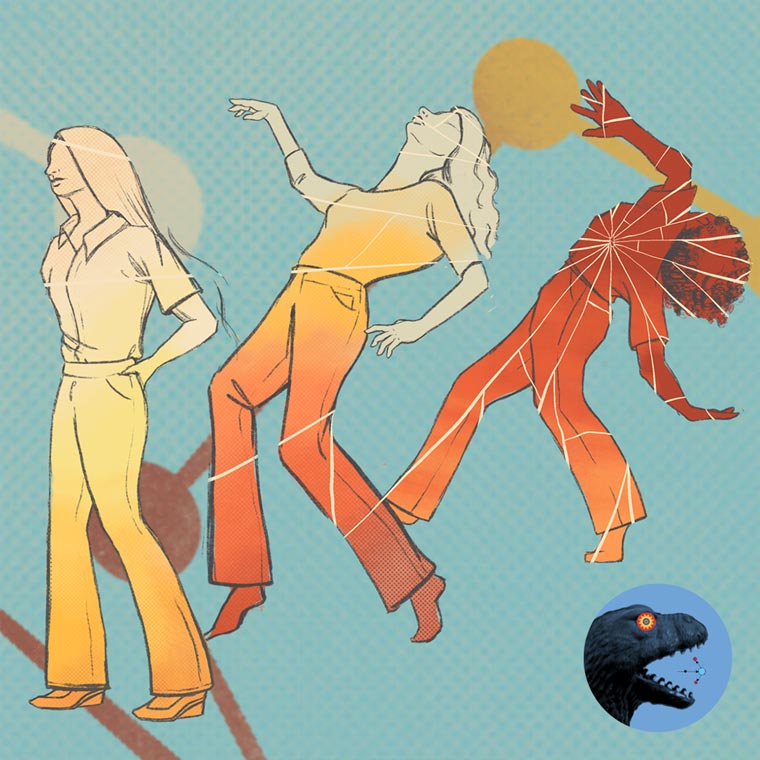
Lifelines
Accounting for the experiences of women in nuclear policy during the Covid-19 pandemic
Curation
I see my curatorial practice as a method of community organizing, and my work with Smithsonian Culture Labs and independent exhibitions are efforts to build spaces for people to gather and grow. I am most interested in curating with large groups, and see these as opportunities to cultivate lasting relationships.
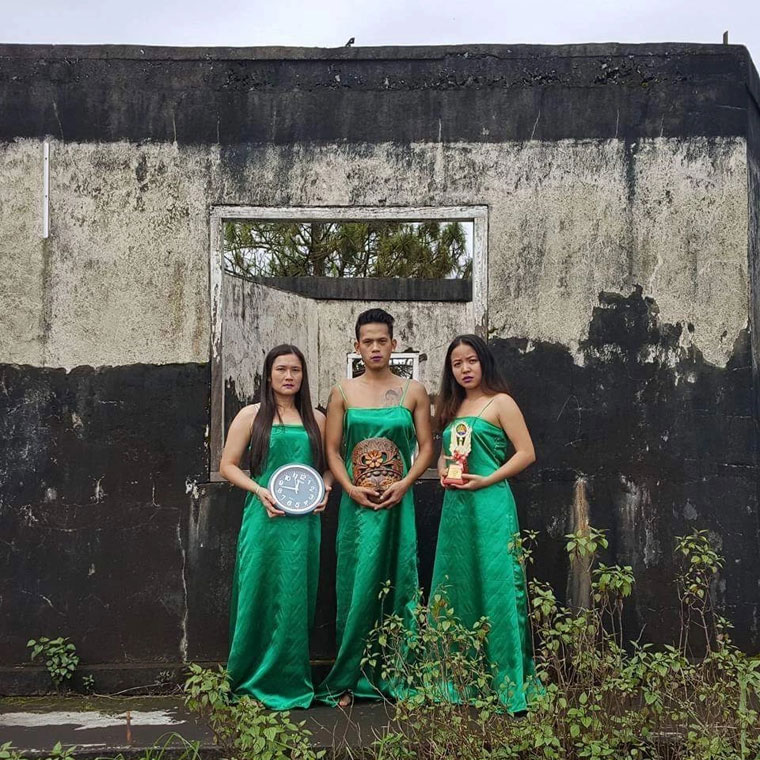
3AM: Time Sensitive
The Myanmar collective's U.S. debut examines the depths of global empathy and solidarity.
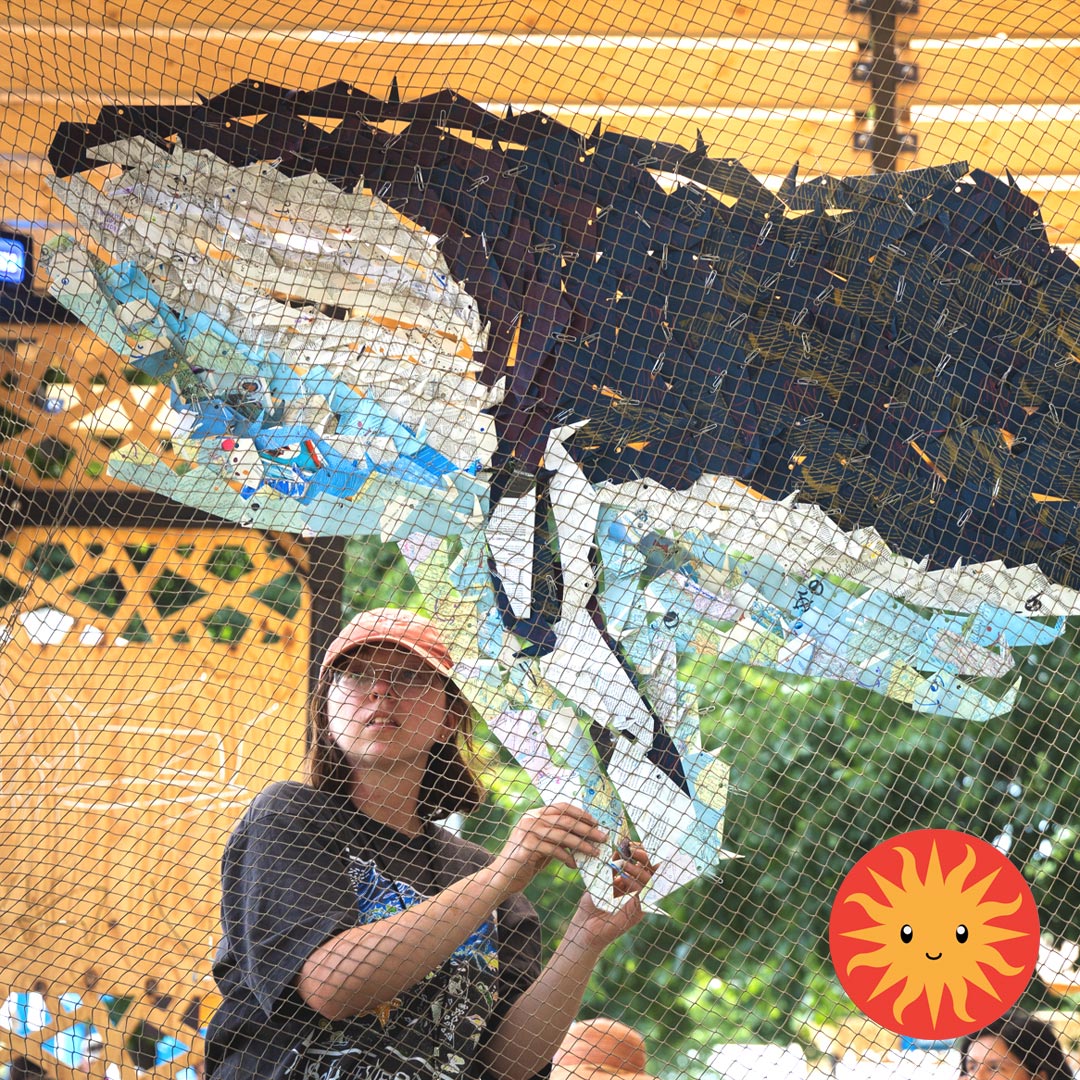
Wavelength
A series of art projects that illustrate the connection between humans and sea life.
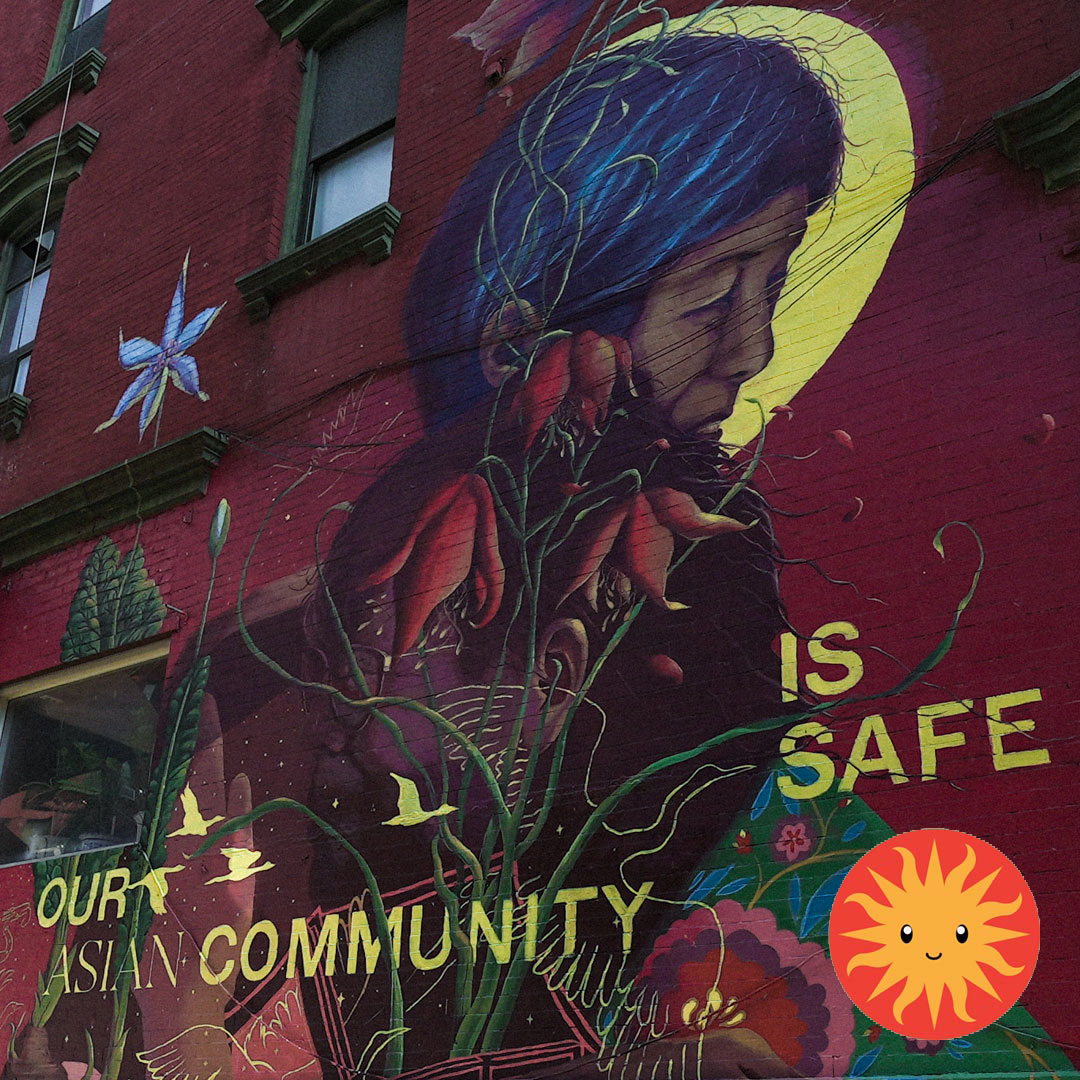
In the Future
Jess X. Snow presents a portal to the future where our Asian community is safe.
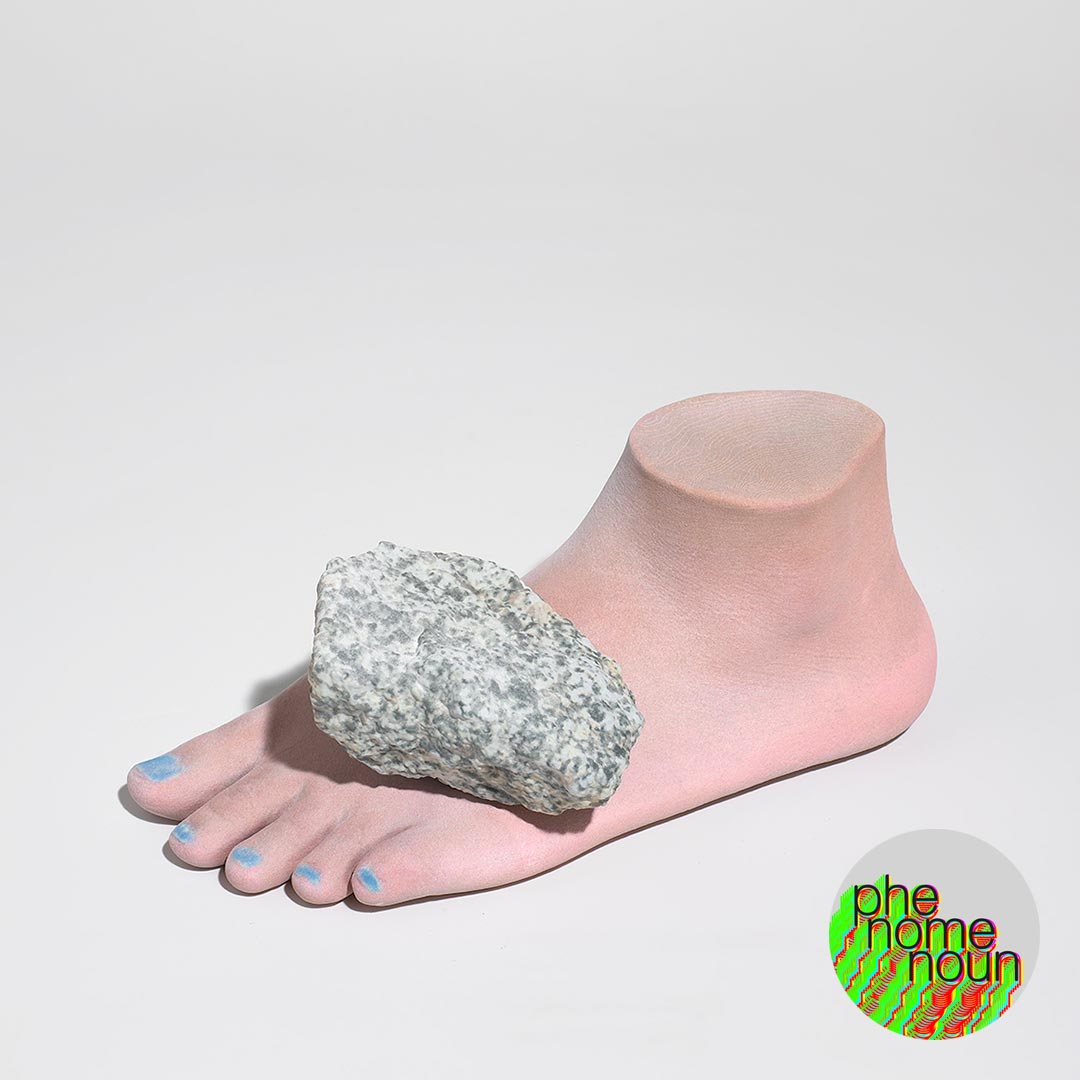
There, There
Seoul and D.C. artists reflect on what it means to be present in an era of absence.
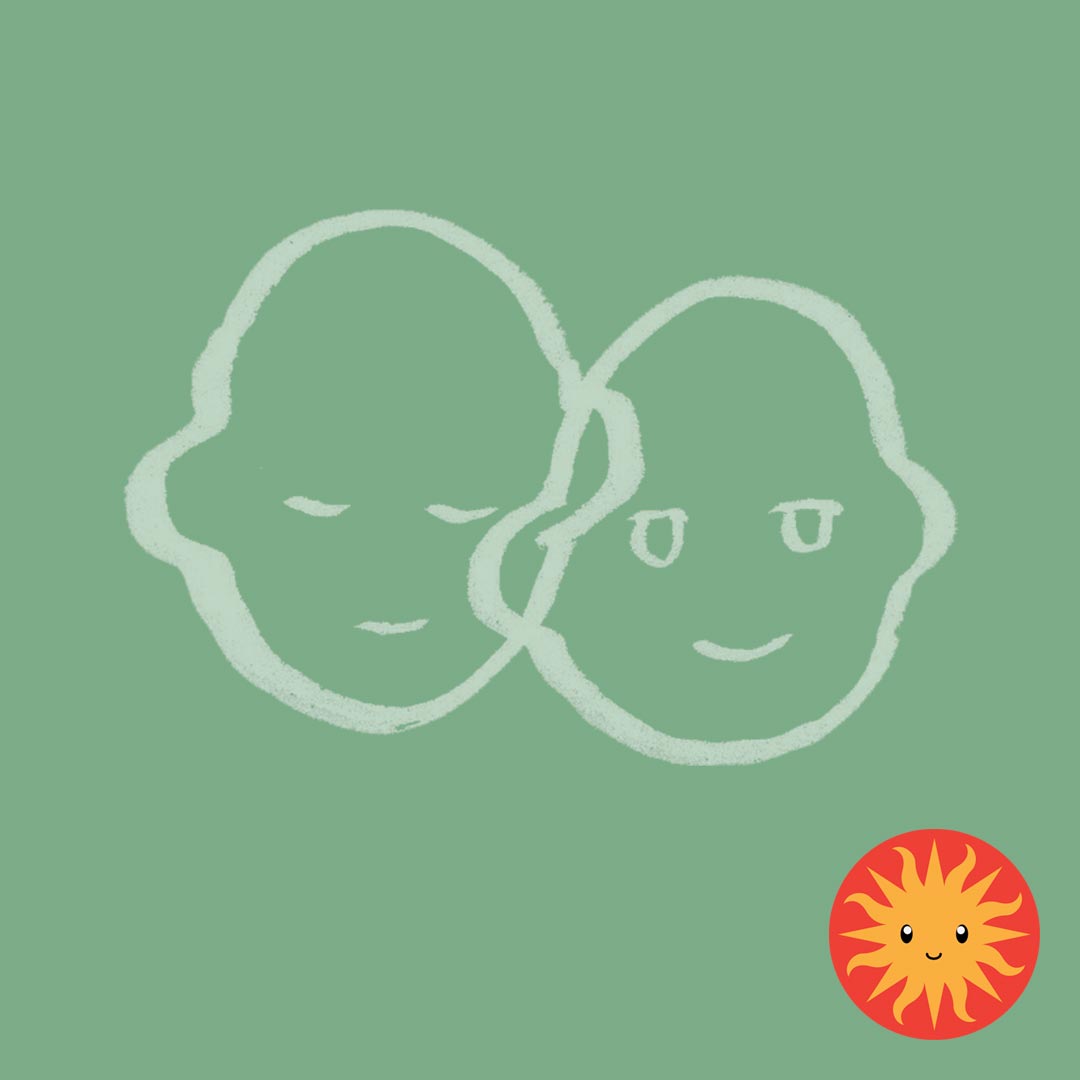
Care Package
Poems, meditations, films, and other cultural nutrients for times like this.
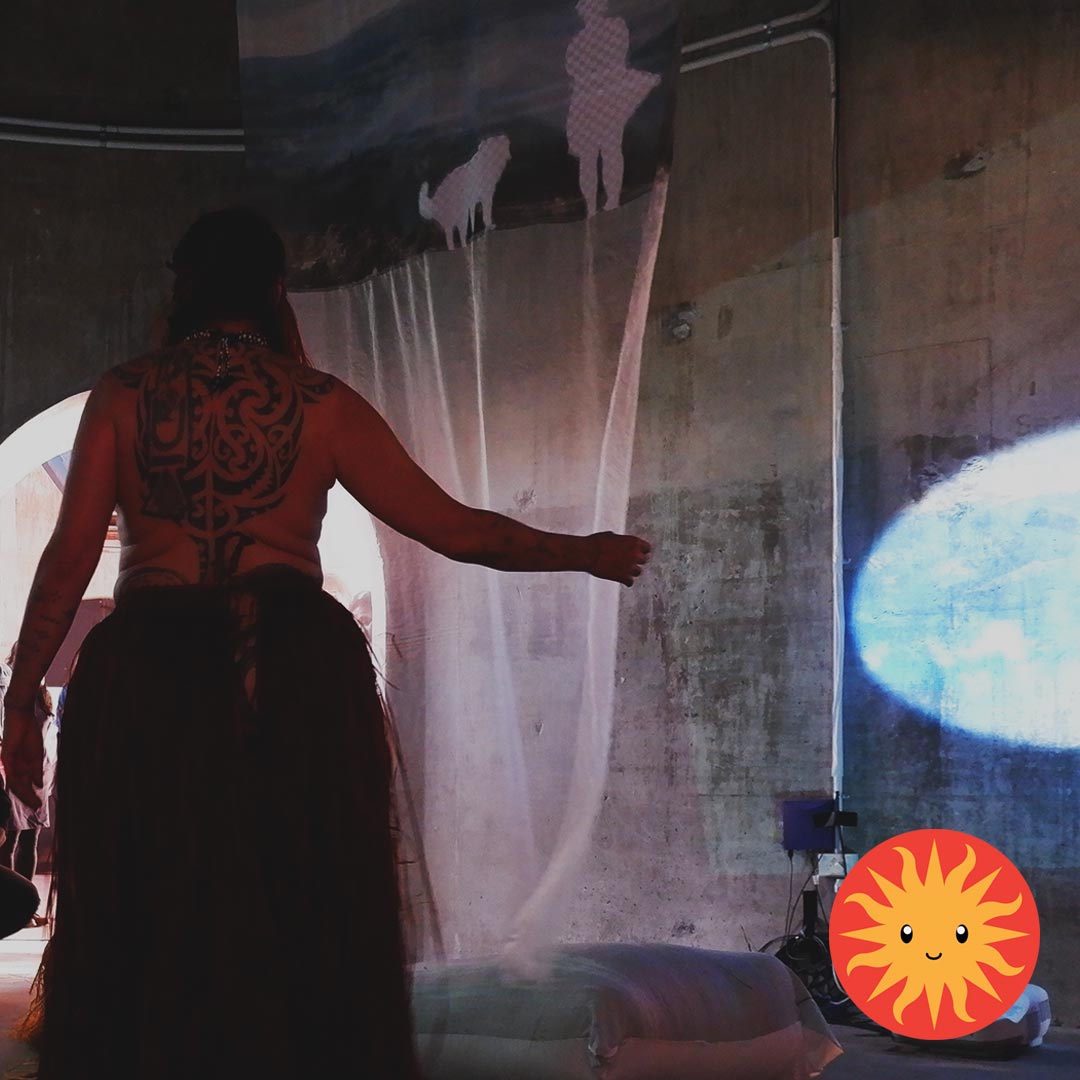
Te Whāinga
A Culture Lab on civility, and what it truly means to coexist as community, society, and humanity.
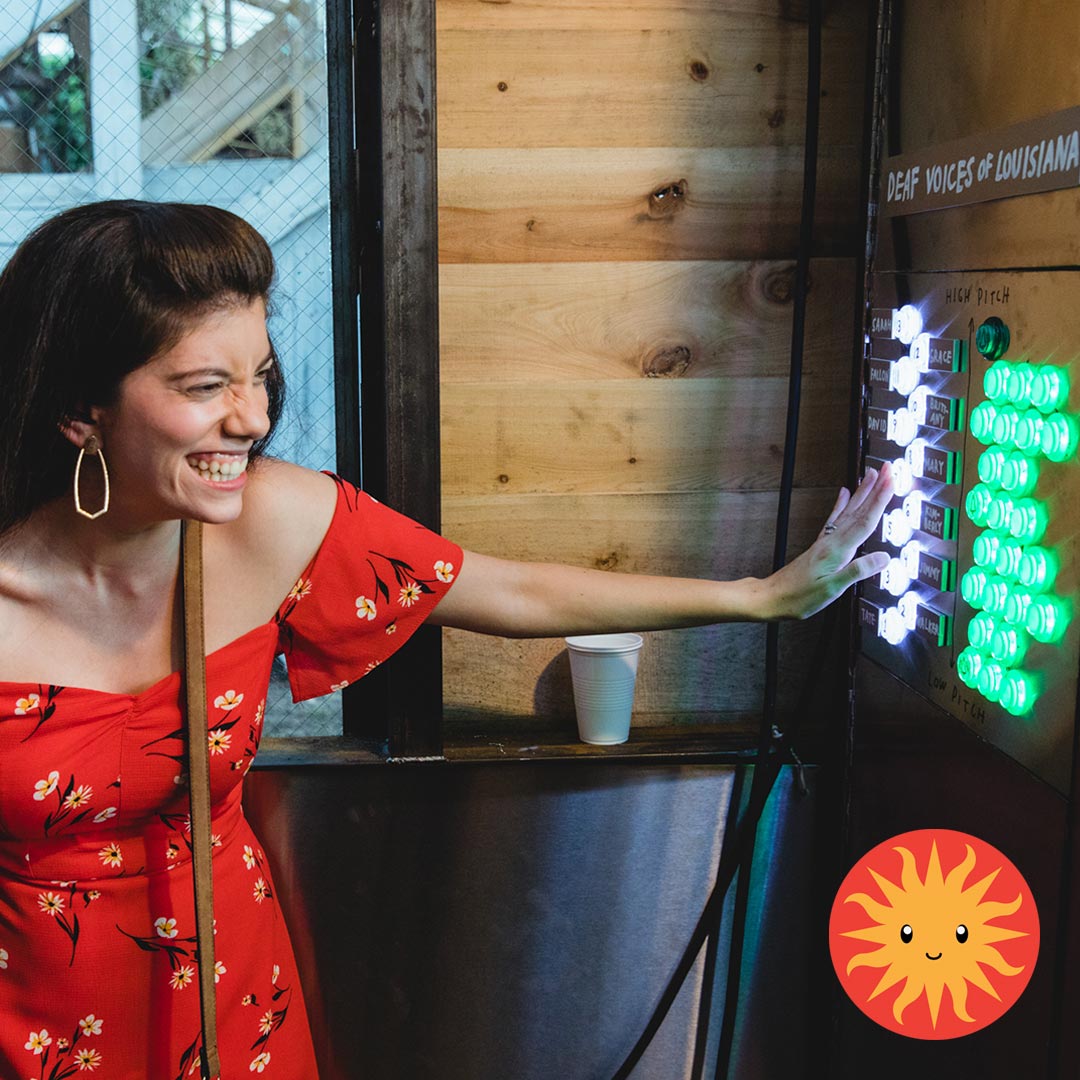
Elevator Pitch
A multi-sensory musical experience by Christine Sun Kim, New Orleans Airlift, Rick Snow, and Louisiana's Deaf community.
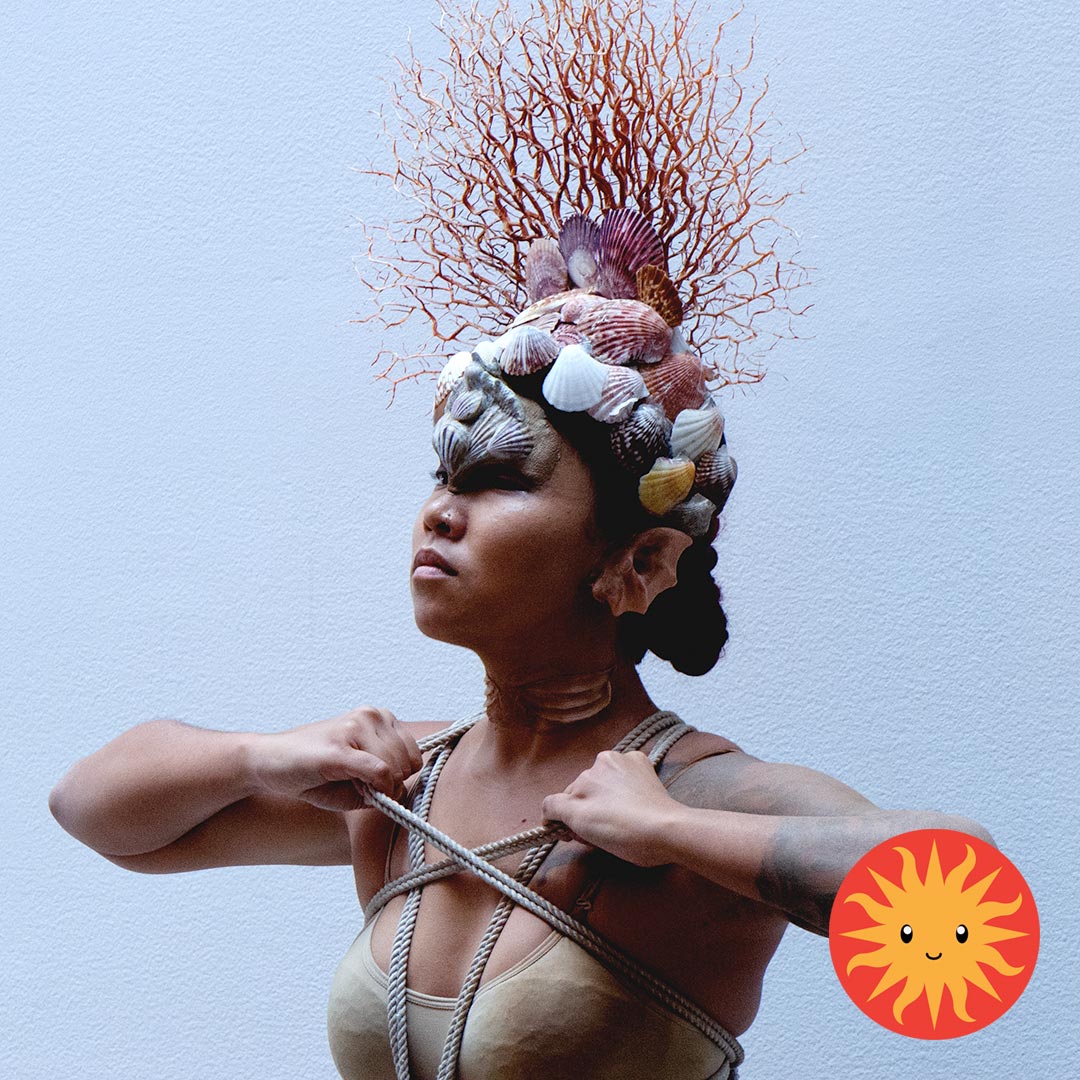
She Who Dies To Live
A multimedia spoken word experience that reimagines Death as a vital vein of Pasefika experience.
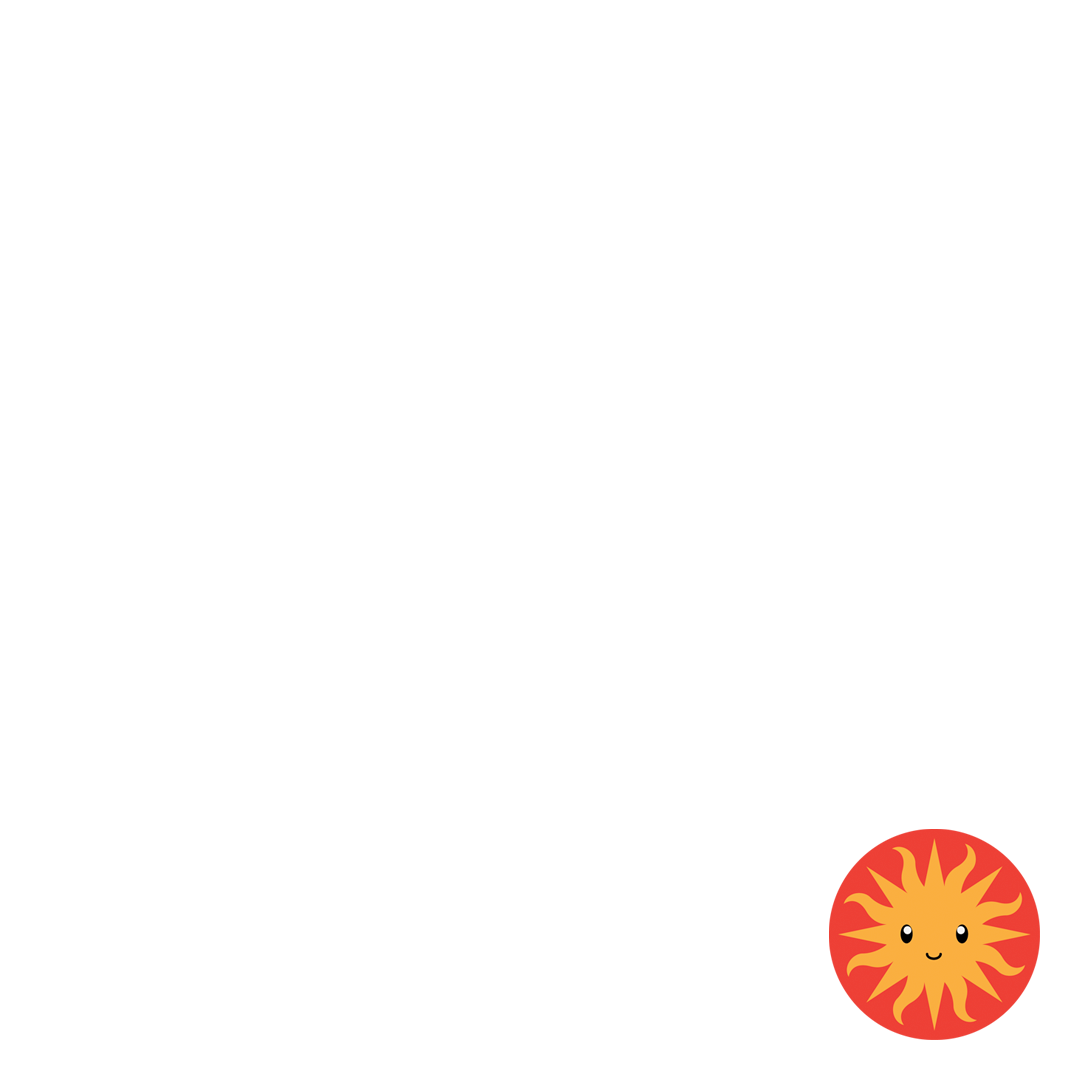
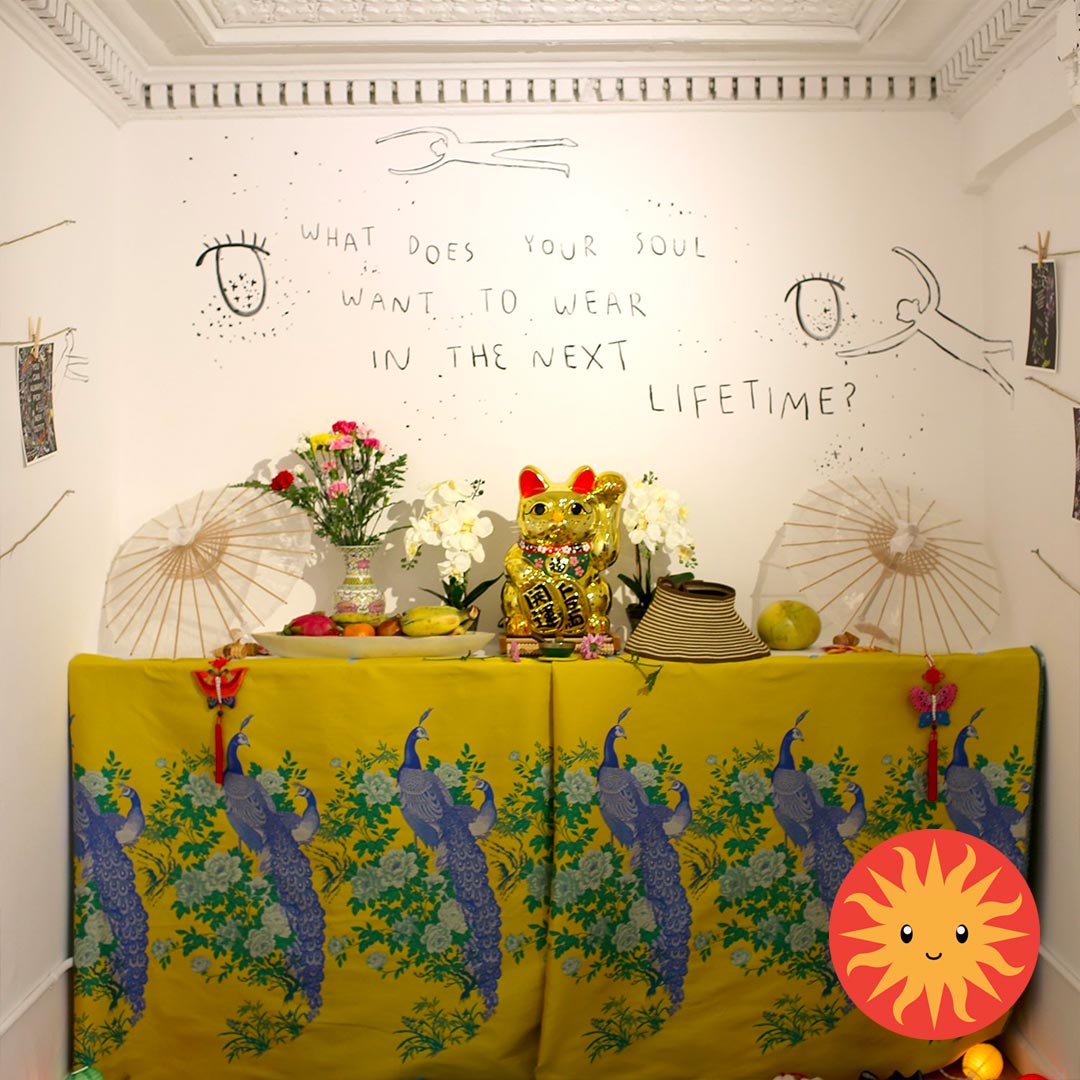
Fashion Forecasts
Illustrator Yumi Sakugawa’s concepts ask, “What does your soul want to wear in the afterlife?”

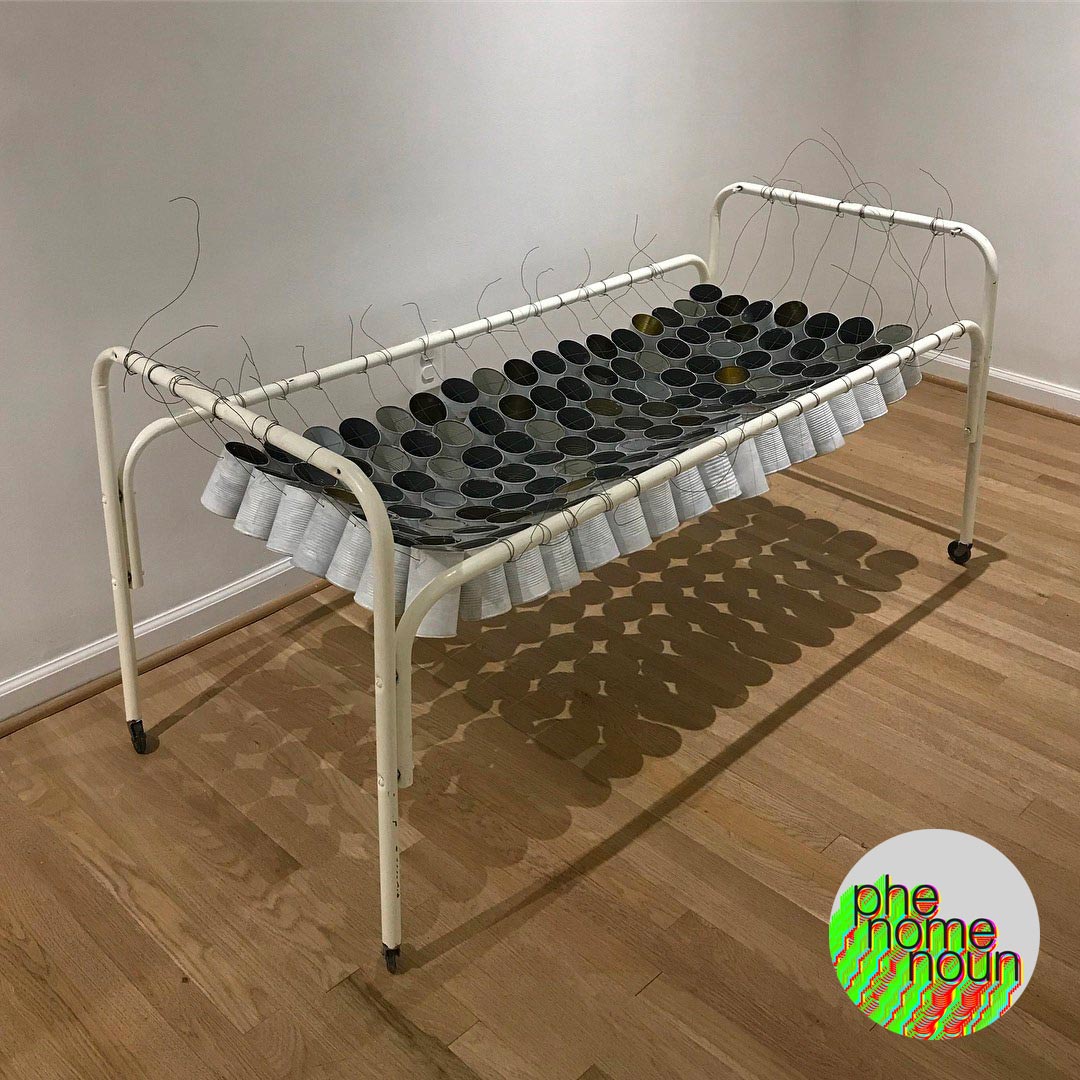
Uprooted
An art exhibition that examines active relationships with home.
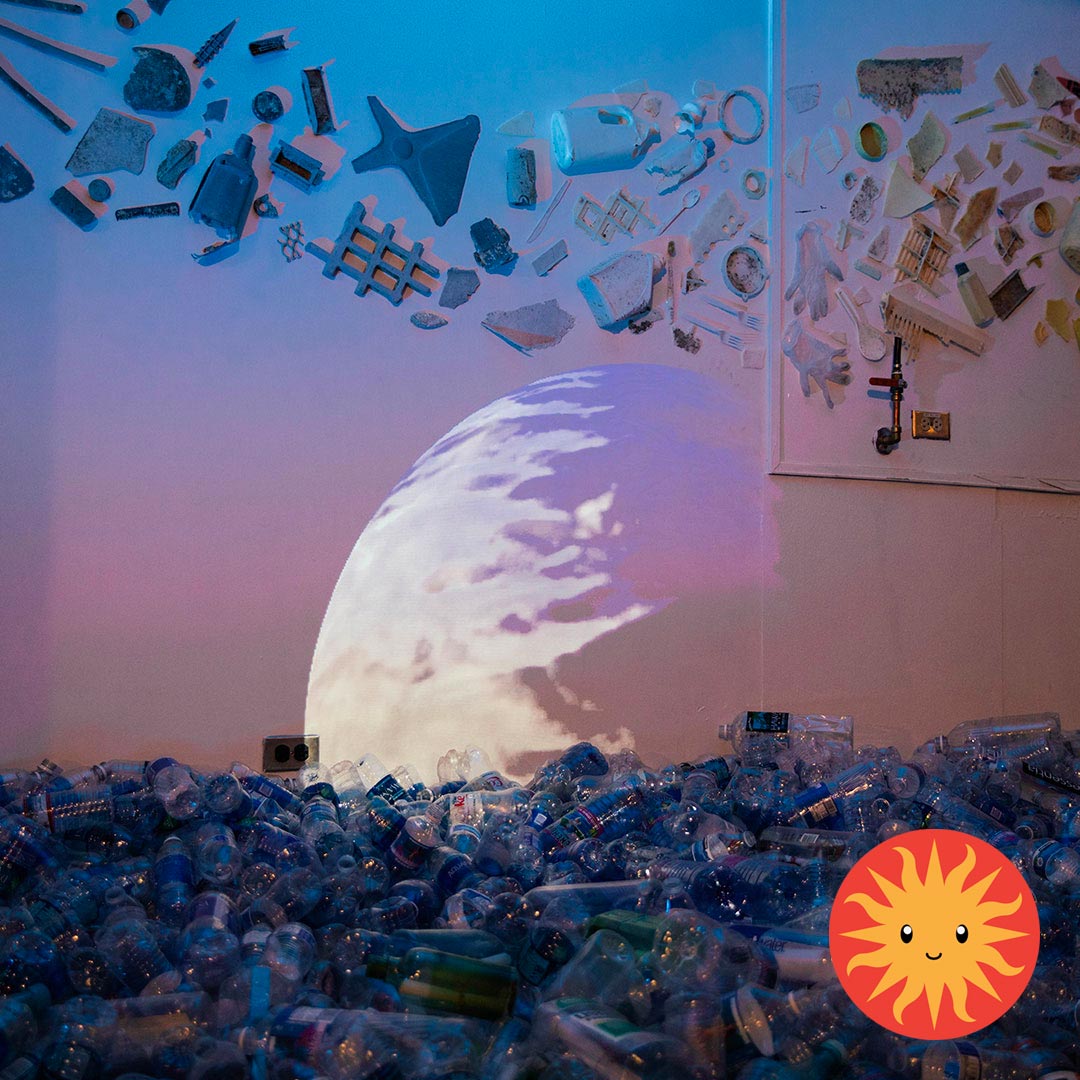
ʻAe Kai
A Culture Lab on Convergence, and how different ways of life inform our relationships with Earth.

Hurry Up and Wait
Glimpses into some of the many complex steps between and beyond getting from Point A to B.
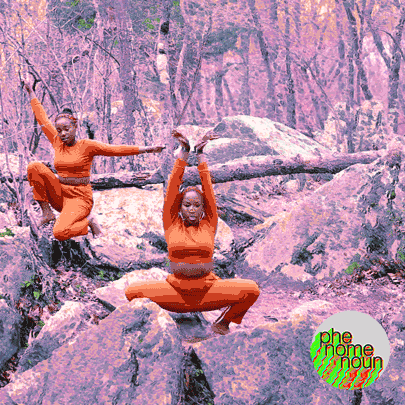
Glitch
An art show for new ways of looking at media, new ways of looking at ourselves.
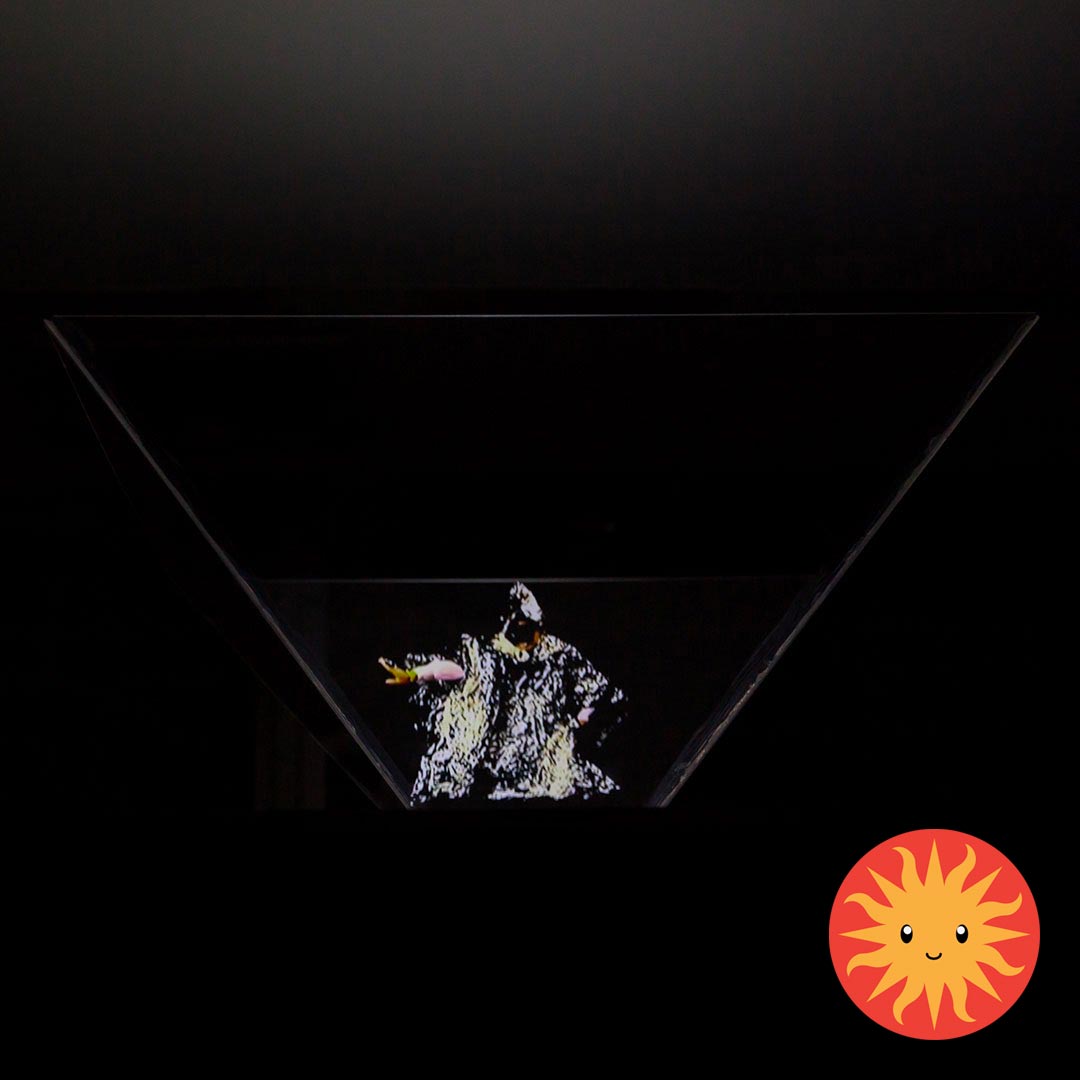
CTRL+ALT
A Culture Lab on the Imagined Future – from inner-self to outer space.
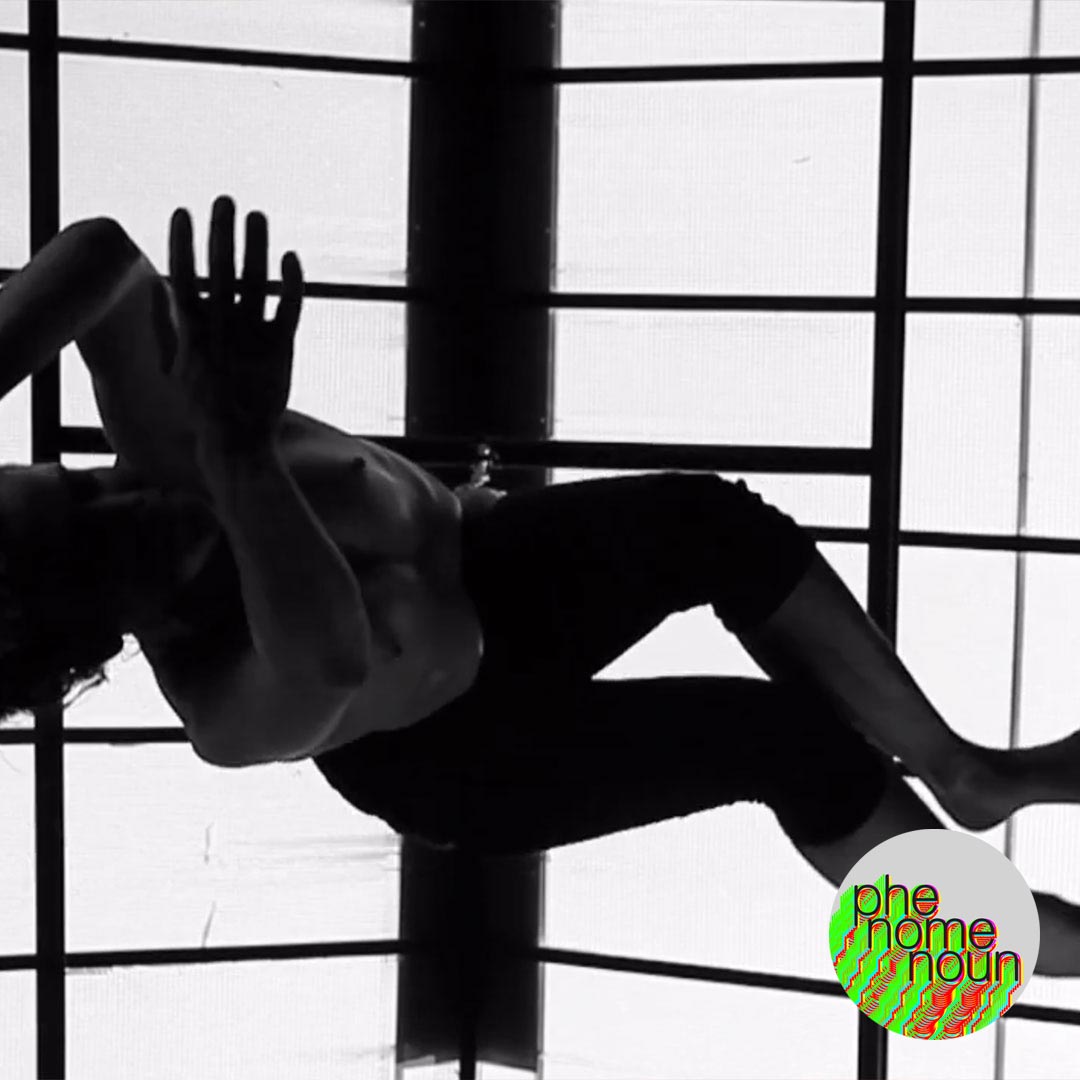
Buenos Caos
A pop-up moving image exhibition featuring a global array of artists and curators.
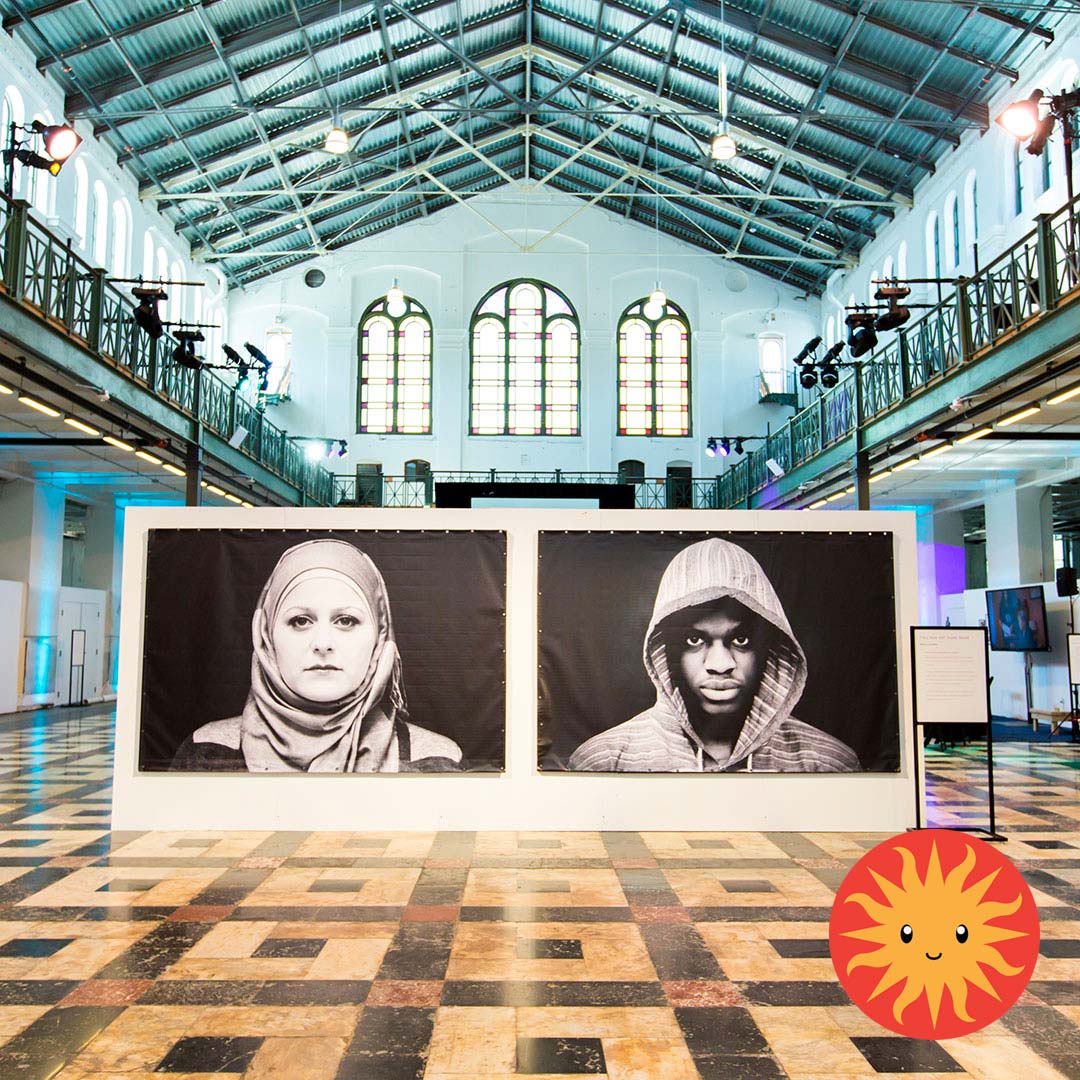
CrossLines
A Culture Lab on Intersectionality, and the evolving sense of self in America.
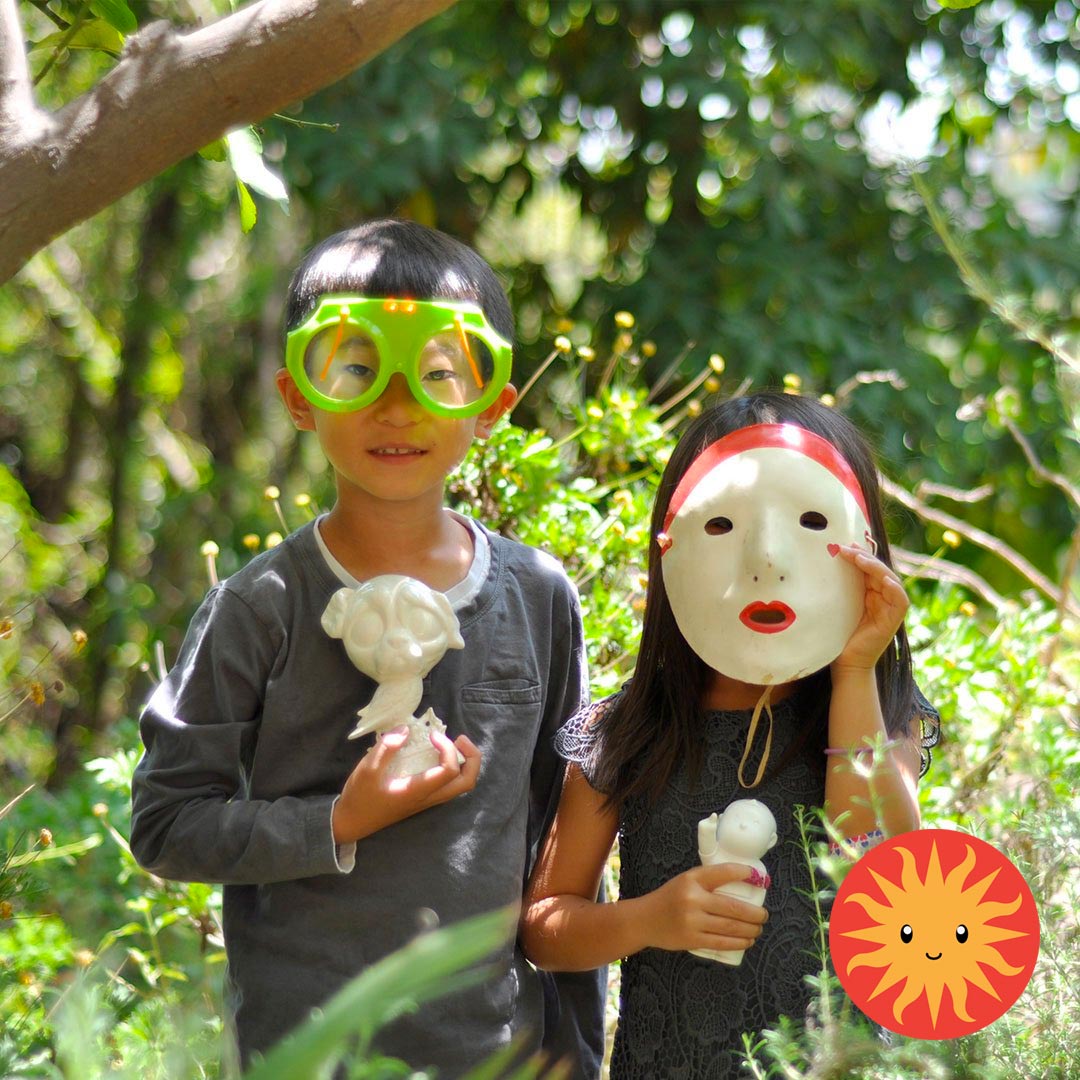
A Day in the Life
A photo exhibition based on an open call for snapshots of Asian Pacific America.
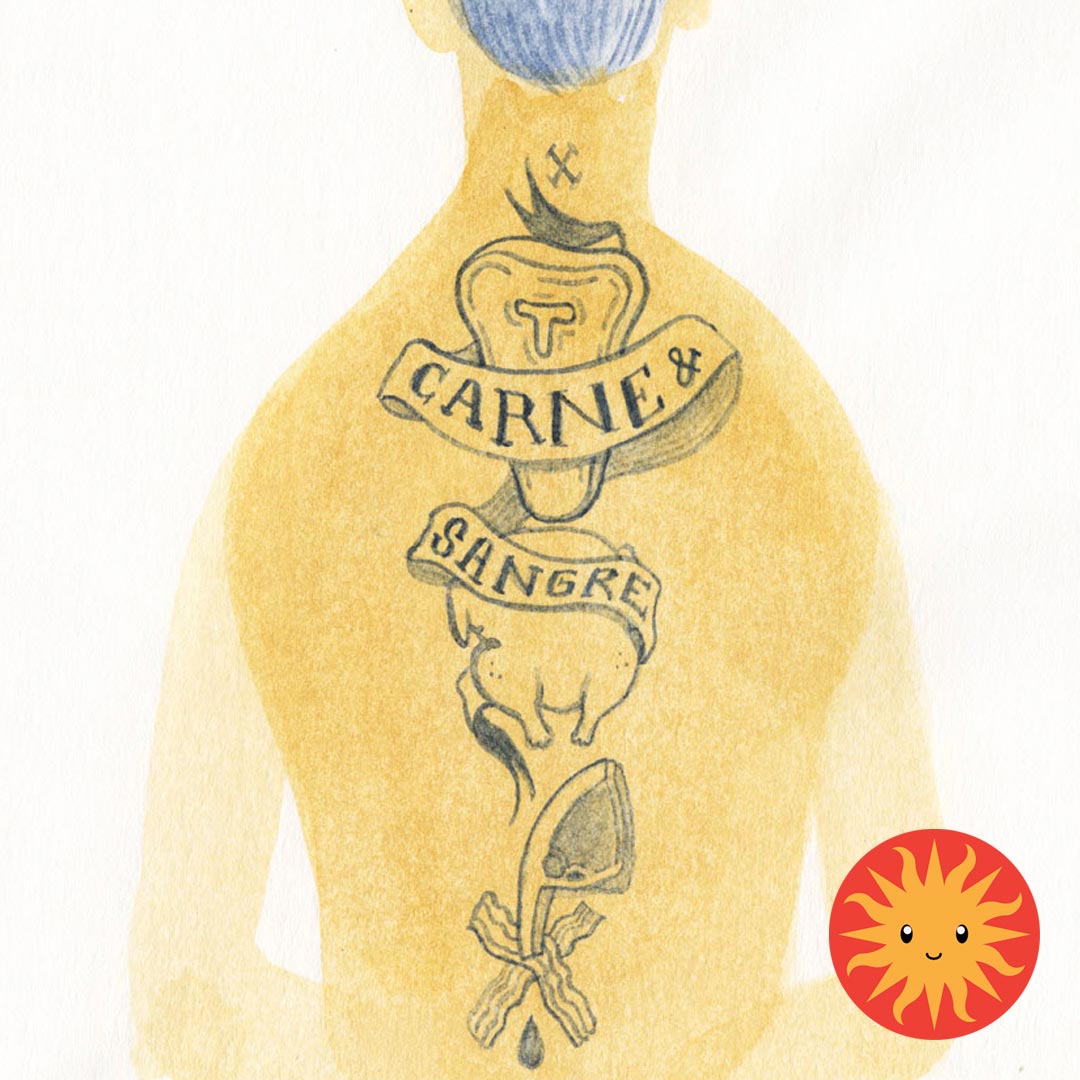
Art Intersections
Exhibiting themes that bridge the experiences of Asian and Latinx communities in the U.S.
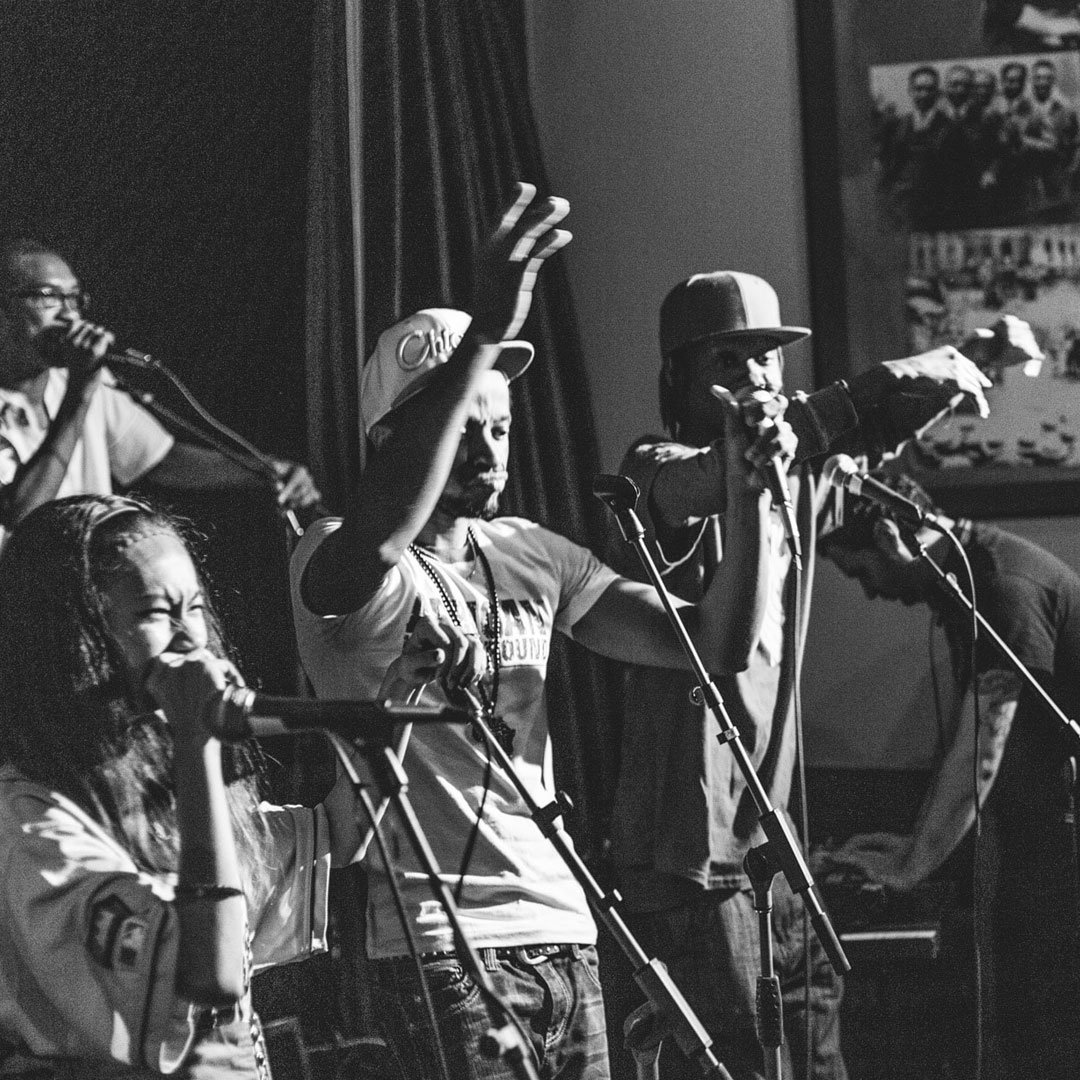
OneBeat
A residency and tour featuring master musicians from throughout the world.
Creation
My own artistic practice began with writing poetry, and being rooted in storytelling has taken me to a multitude of creative spaces. I tend to jump around to various mediums because my most rewarding experiences involve learning new things, collaborating with a variety of people, and stretching my imagination.
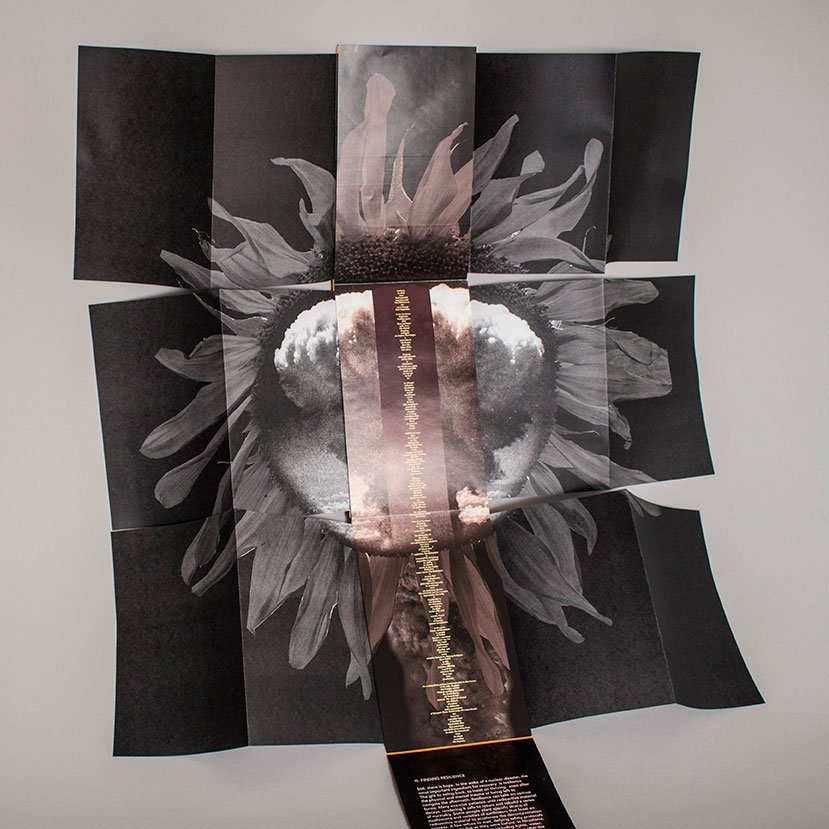
Fields of Fungus and Sunflowers
An art book that asks, “How does something begin to grow after nuclear war?”
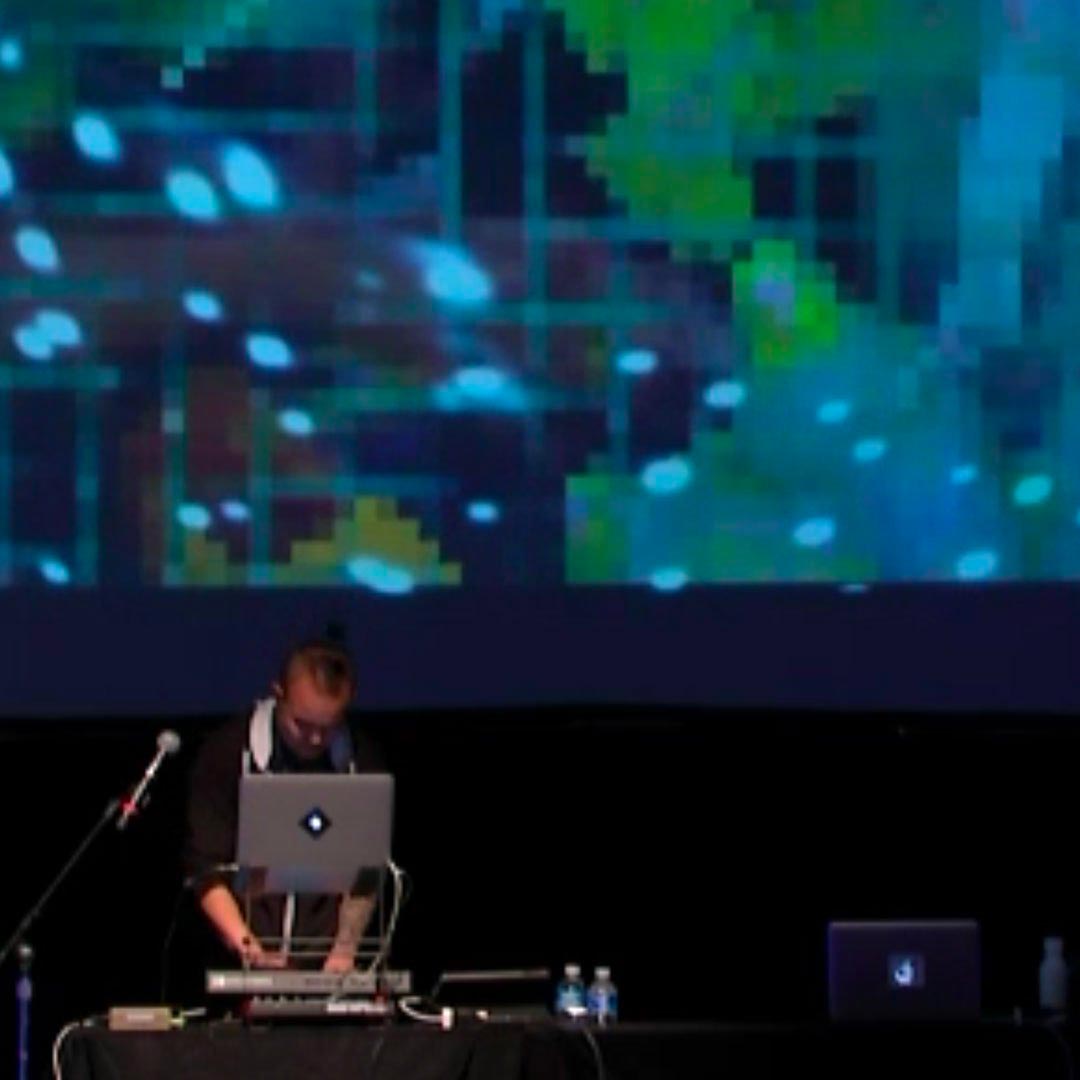
Customs Declarations
A suite of remixed found sounds and images collected throughout Asia.
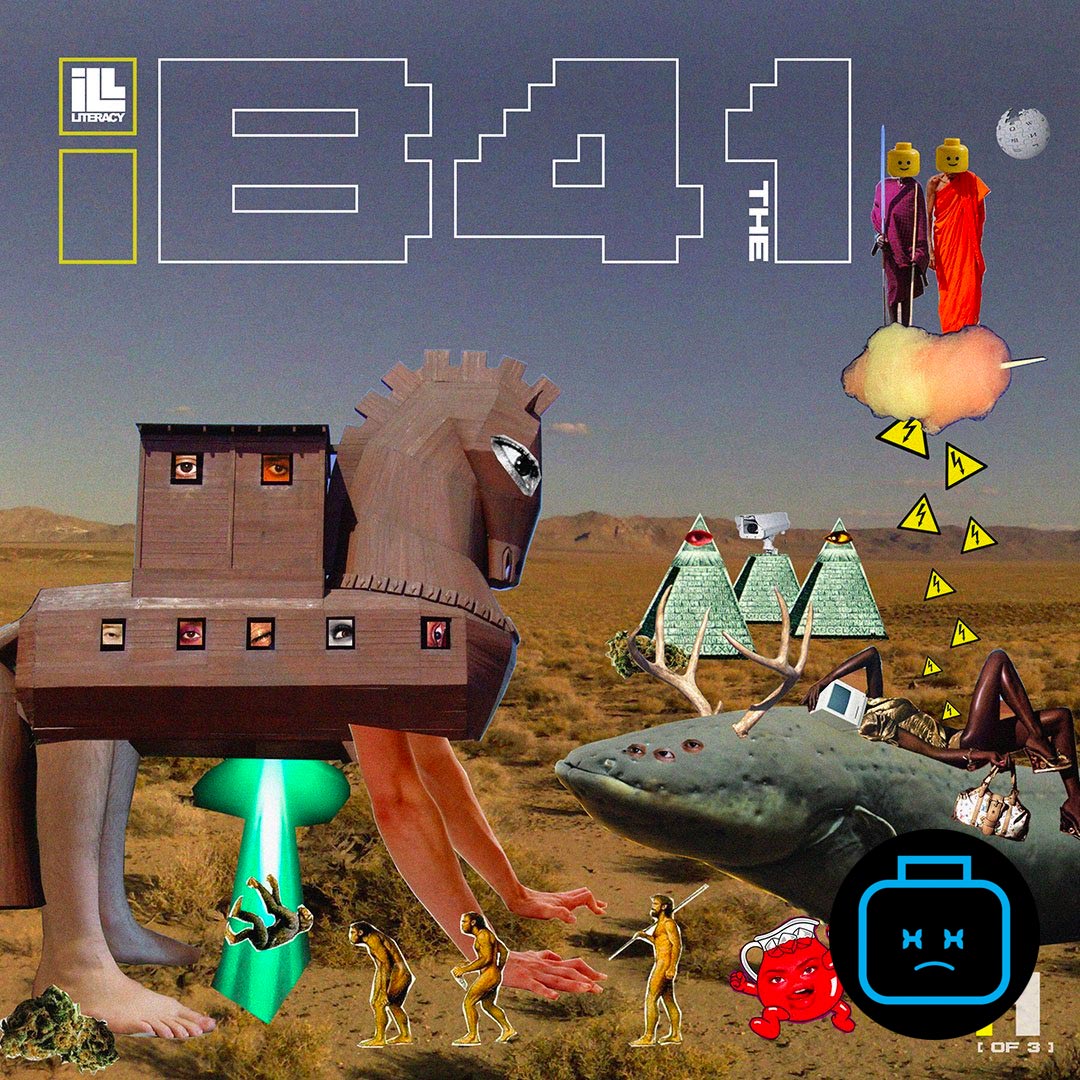
iB4the1
A neverending musical story about an epic quest for the present moment.
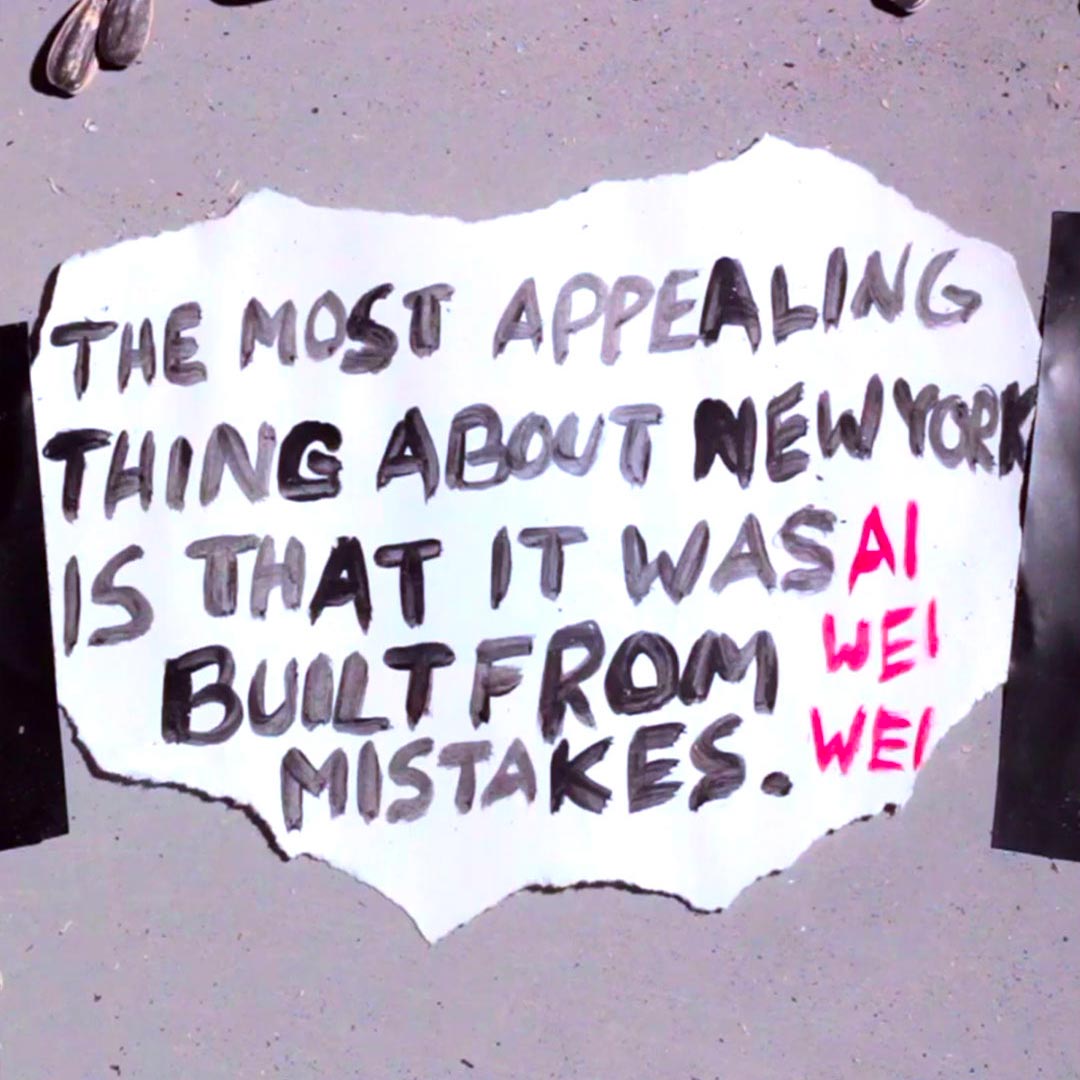
Ai Weiwei: The Seed
A media and performance piece that traces the New York upbringing of an influential artist.
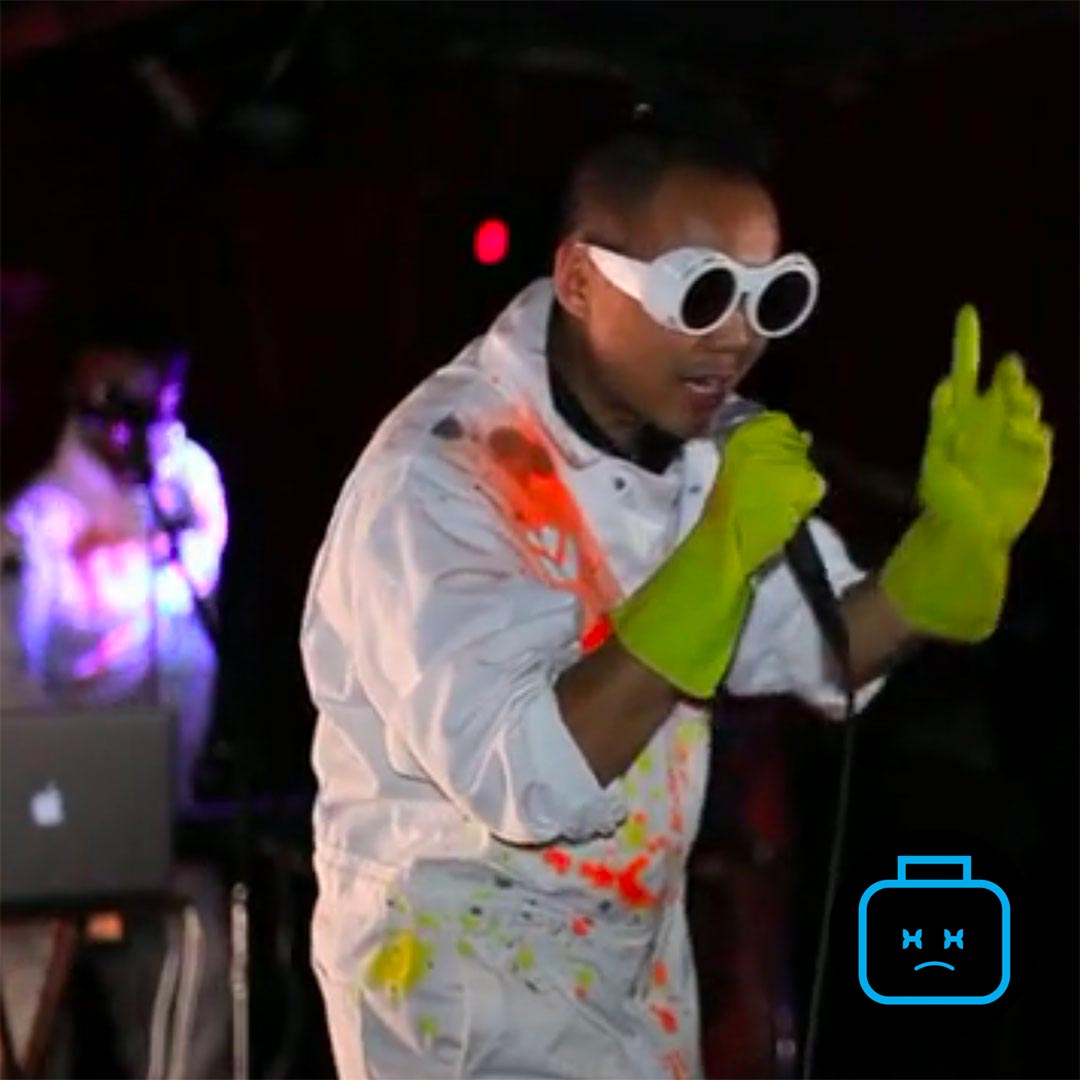
USBUiLLD
A psychedelic spoken word performance.
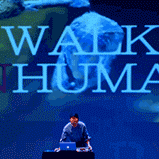
Beastreality
Love is inhuman.
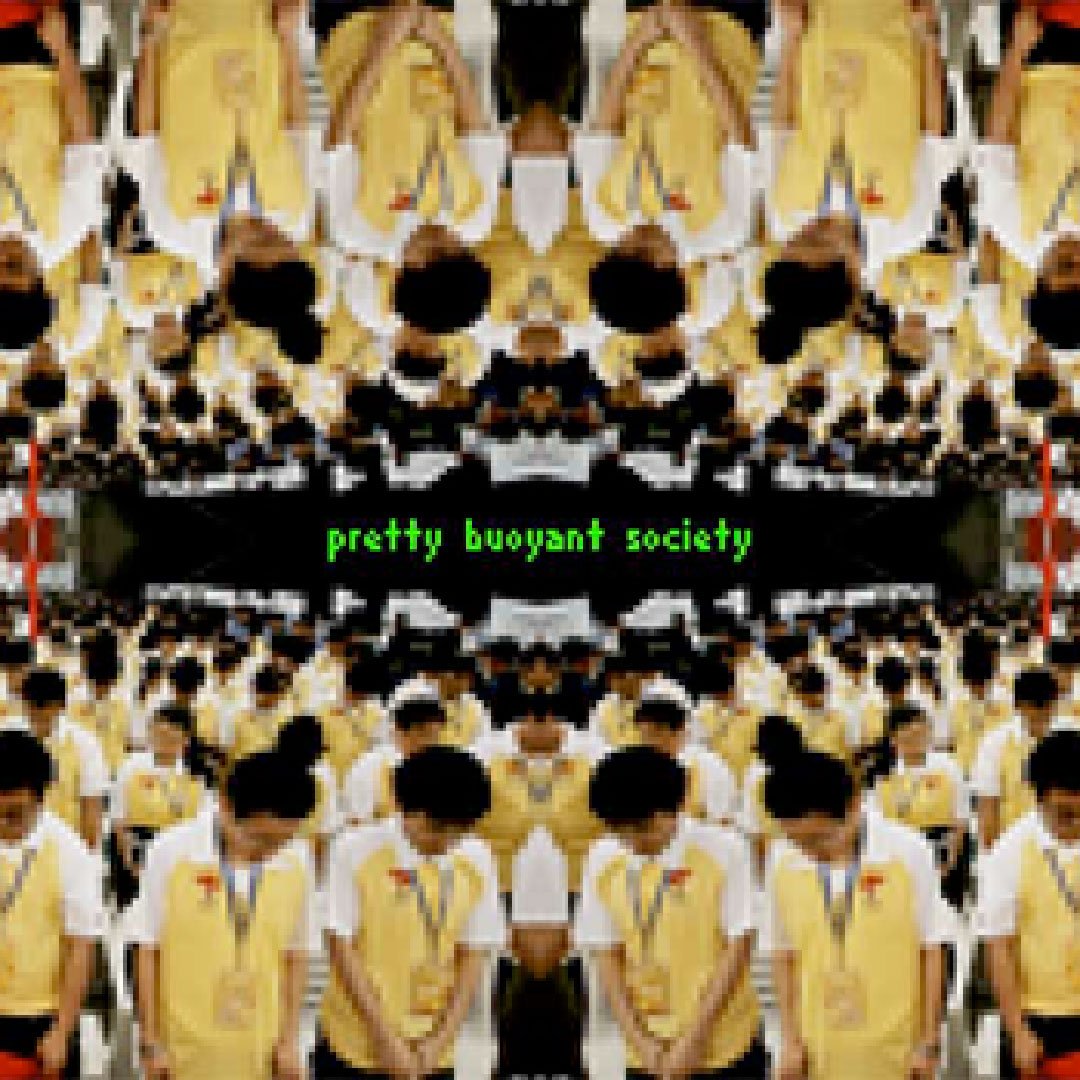
Pretty Buoyant Society
A soundtrack for your internet wormhole.
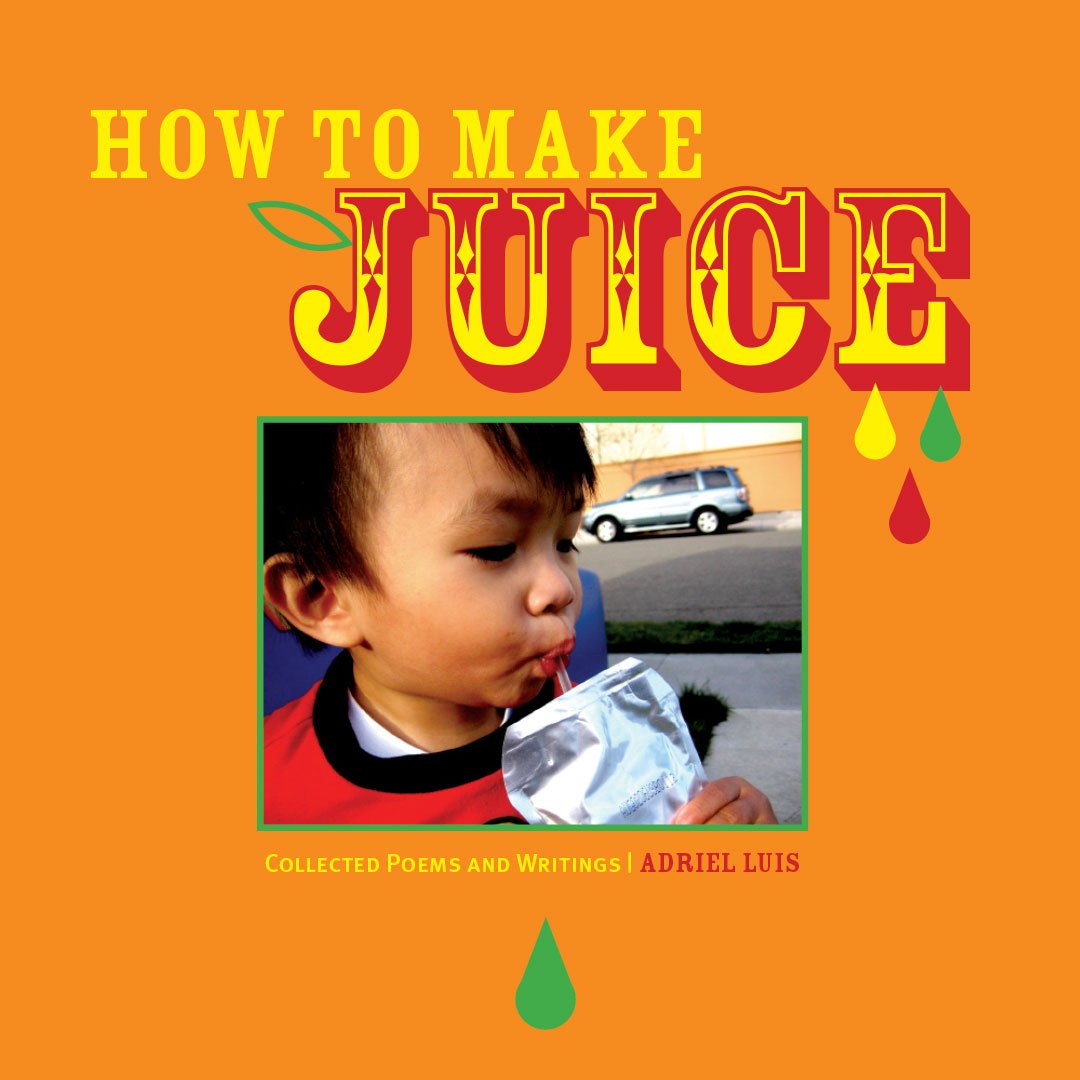
How To Make Juice
My first published collection of poems. This is where it all started.
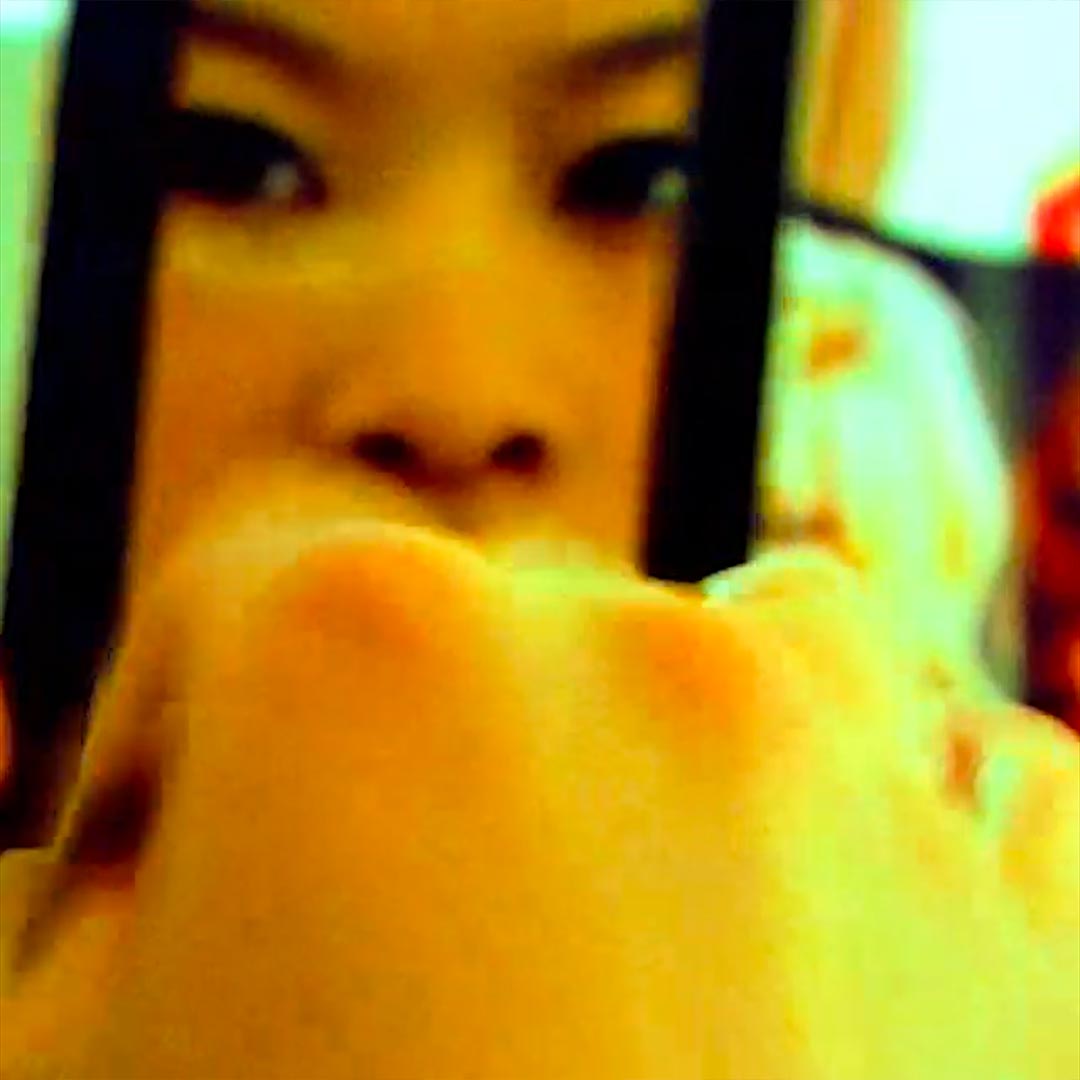
Slip of the Tongue
A poetic short film about a young man’s run-in with his own misogyny.

Interview: Adriel's Winding Path
I've had the joy of knowing Russ Finkelstein for over a decade. As a thoughtful social entrepreneur, he has a talent for leading discussions that constantly inspire me to reflect on and reimagine how my work impacts those around me. For his column on The Washington Post, Russ asked me to share how the various creative endeavors I've followed are interconnected.
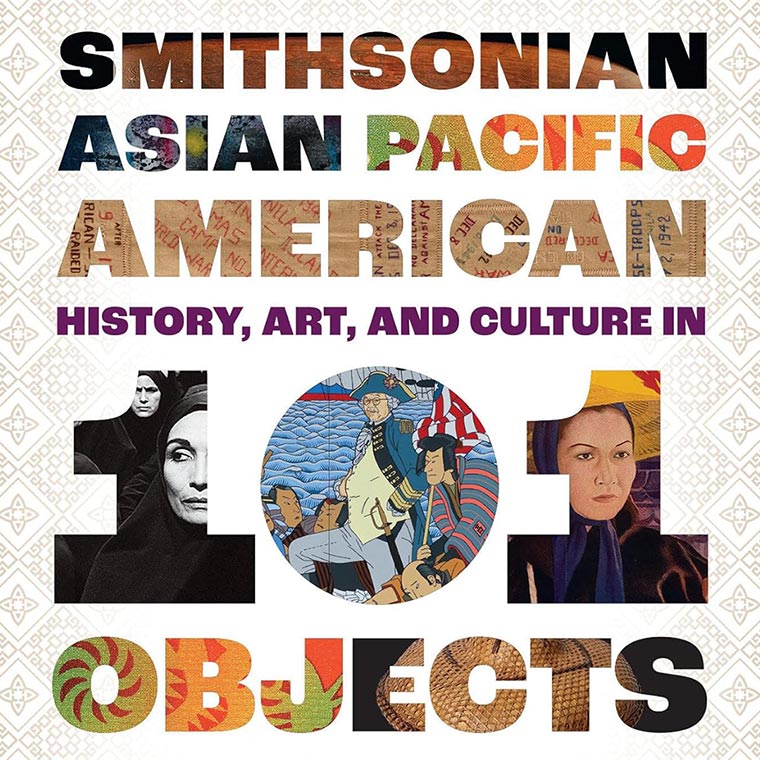
Smithsonian Asian Pacific American History, Art, and Culture in 101 Objects
I was pleased to contribute to this book, which invites readers to experience both well-known and untold stories through influential, controversial, and meaningful objects in the Smithsonian's collections that relate to Asian Americans and Pacific Islanders.
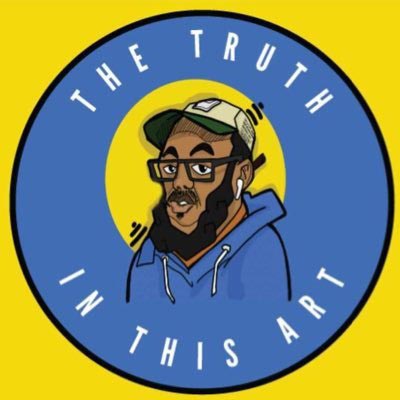
Interview: The Truth in this Art
Hosted by Rob Lee, "The Truth In This Art" is a captivating podcast that delves deep into the vibrant intersections of arts, culture, and community, both in Baltimore and beyond. In this episode, Rob interviews me about how growing up as a poet led me to become a curator.
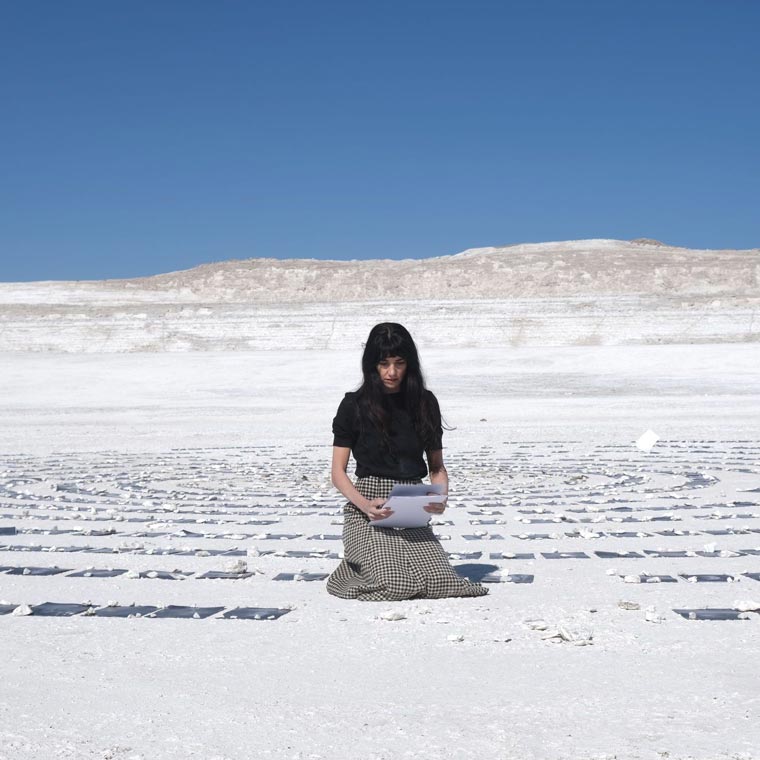
Conversation with Shirin Neshat & Saisha Grayson
During the 2022 Virtual Women's Filmmakers Festival hosted by the Smithsonian American Art Museum, I had the pleasure of joining curator Saisha Grayson in a conversation with artist Shirin Neshat to discuss her film Land of Dreams.
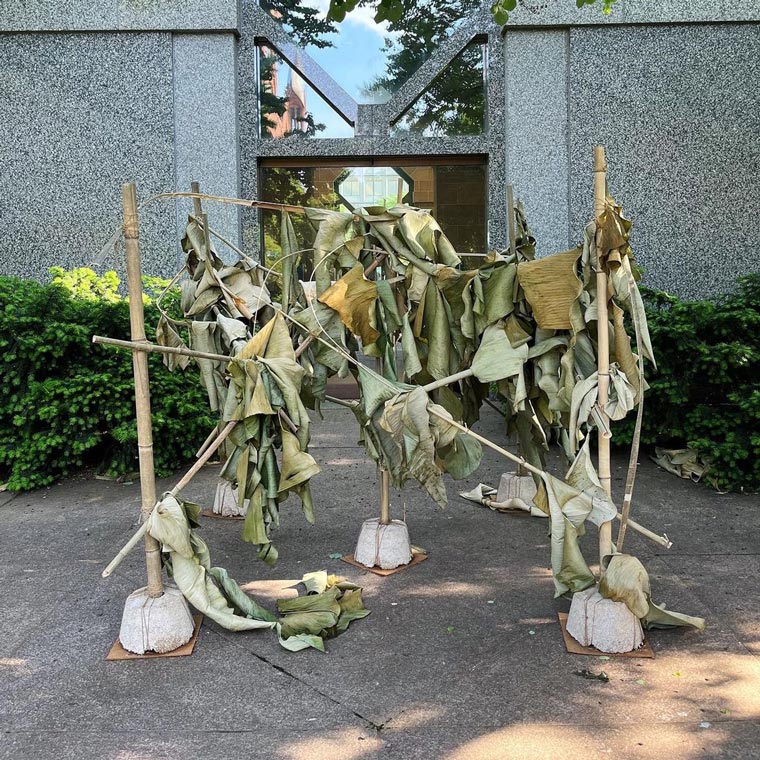
Artists Reflect: Conversation with sāgar kāmath
sāgar kāmath is an artist whose work addresses the roles that coexistence and multiplicity play in shaping identity. During his 2023 residency for the Smithsonian's National Museum of Asian Art's 100th anniversary, I had the joy of being in conversation with him to discuss his installation, Lifecycle of Myth.
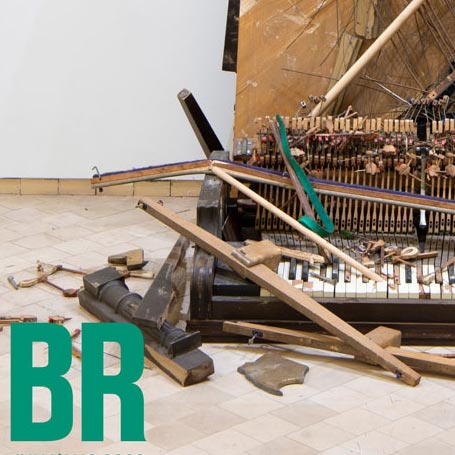
On Being Honest [w/ Beau Sia]
The poet Beau Sia is a poet who inspired me to become an artist in the first place, and I feel so fortunate to have shared friendship and creative exchange with him for many years. In 2022 Beau invited me to join him in writing poems based on random prompts each day throughout the month of May. One of our poems, "On Being Honest," was published in an issue of The Brooklyn Rail later that year.
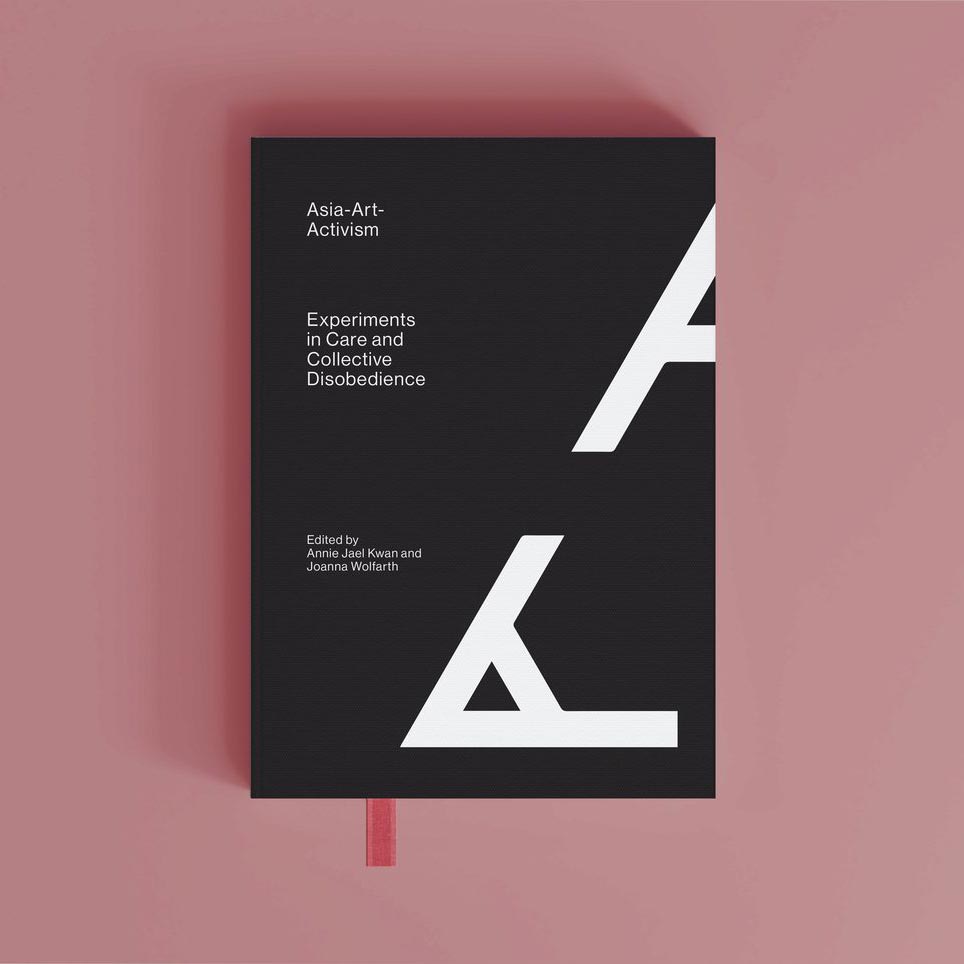
By Nature of Our Togetherness [w/ Kimberly Drew]
In the midst of the pandemic lockdown and rise in violence against Black and Asian people worldwide, UK collective Asia-Art-Activism invited me to contribute to their special publication, Experiments in Care and Collective Disobedience. I invited writer and curator Kimberly Drew to reflect with me on our friendship, our influences, and what it means to care with integrity.
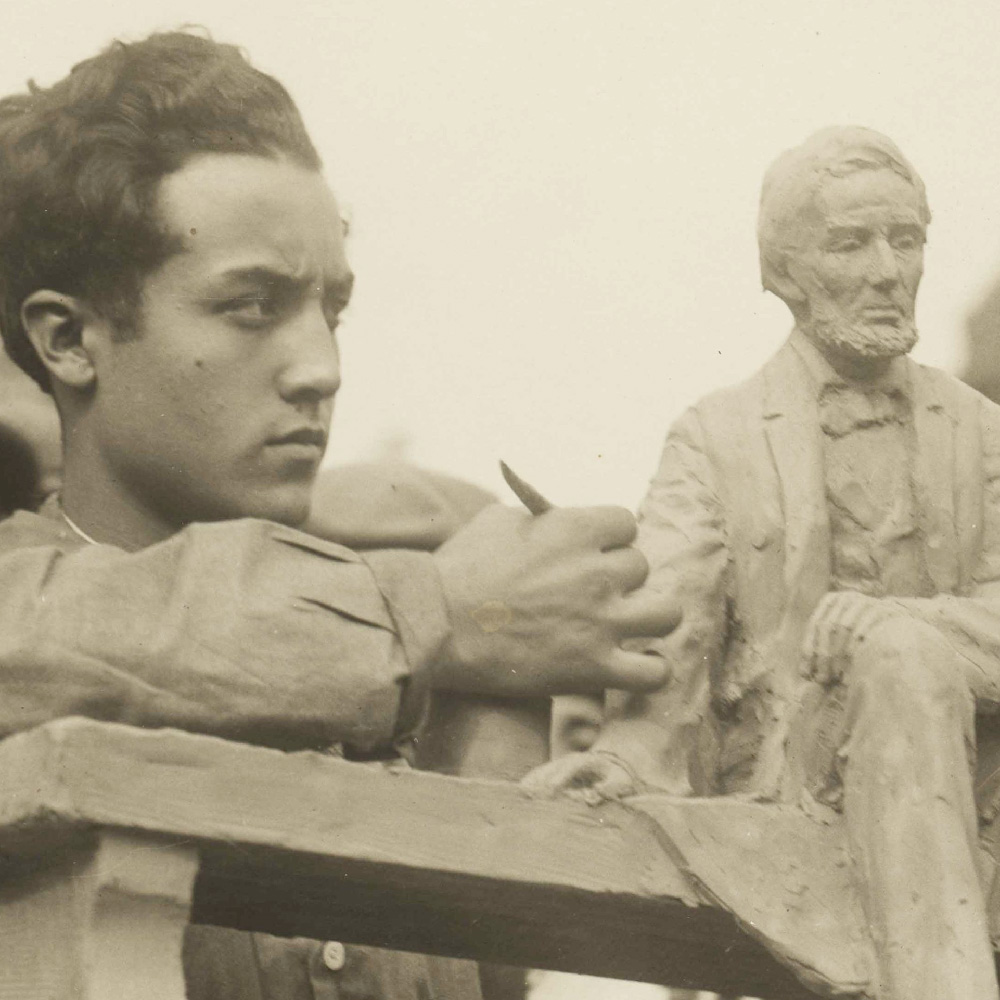
Noguchi: Resonances
I enjoyed this writing project with my friends and fellow curators Annie Jael Kwan and Alexandra Chang. In it, we reflect on how life has shifted amidst the pandemic, while meditating on our shared love for the sculptor Isamu Noguchi. Annie's digital residency at the Barbican, Noguchi: Resonances is an ongoing collaborative exploration in response to the exhibition, Noguchi.
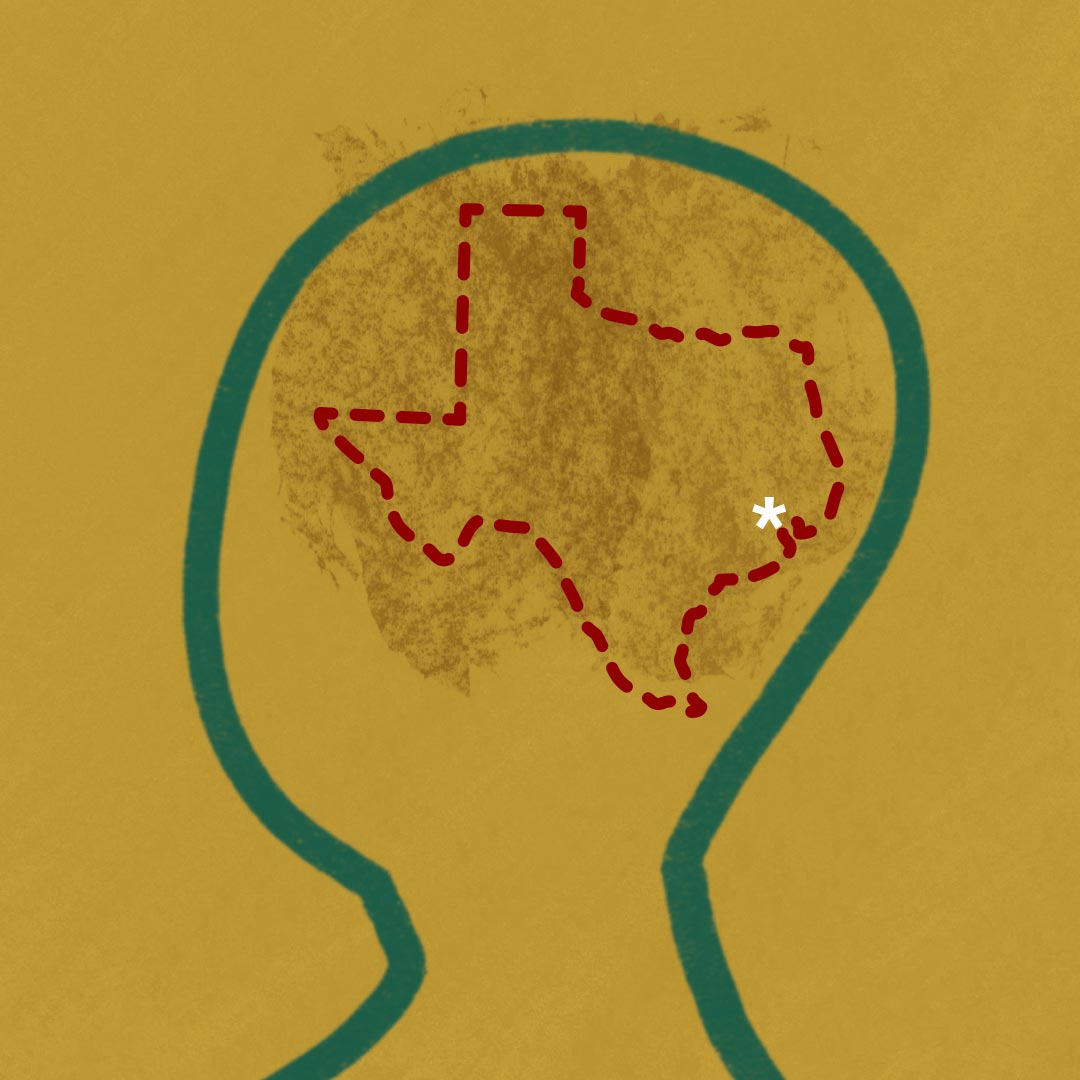
Memory Transplant
In Memory Transplant, I was invited by DiverseWorks and Asia Society Texas to form a virtual relationship with Houston amidst the pandemic, through a series of virtual studio visits with artists, video chats with community, and research online. Through this process, he reflects on the obstacles and opportunities of building community in an age of social distance.
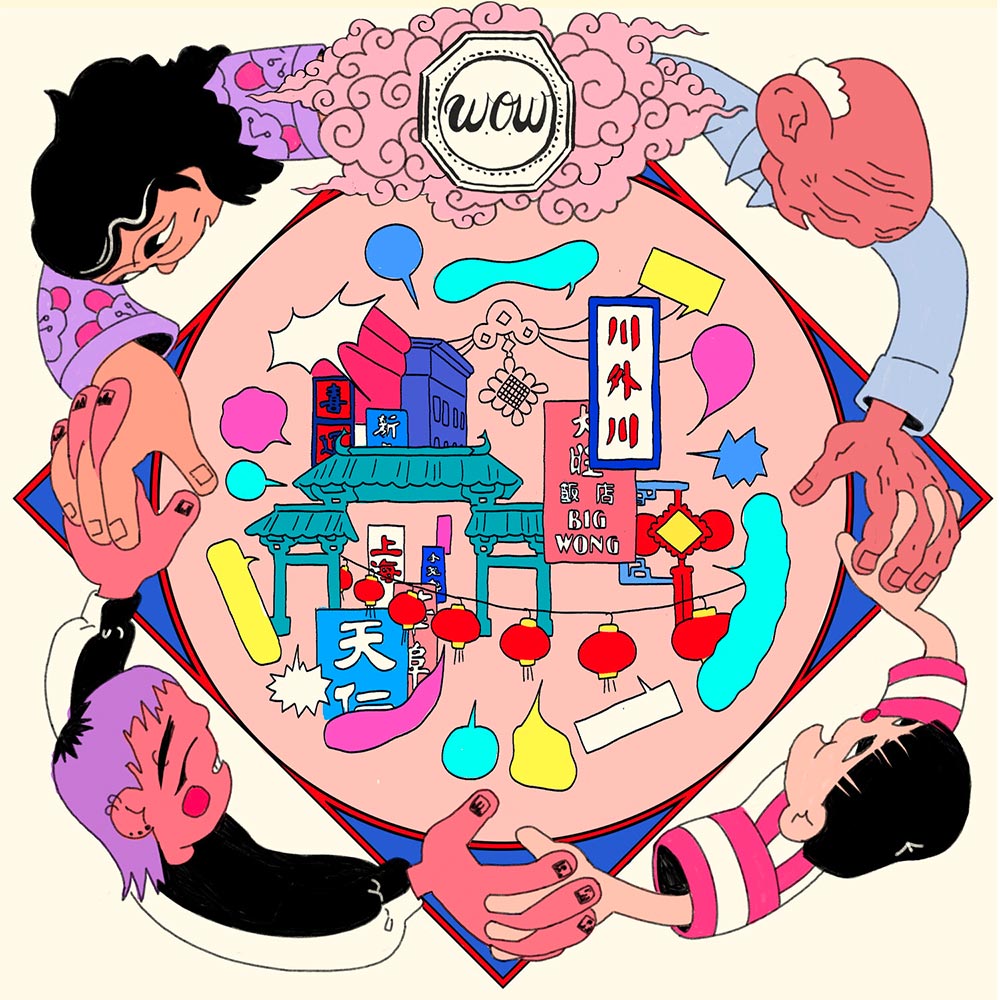
We Are Resilient: A National Conversation Across Chinatowns
The W.O.W. Project is one of my favorite Asian American arts organizations, and for their 4 year anniversary I was pleased to host a discussion with Chinatown communities across North America. From New York to Boston to Toronto to San Francisco's Chinatowns — we came together to address urgent concerns in our various communities amidst the urgencies of 2020, coming together for unity, solidarity, and community care.
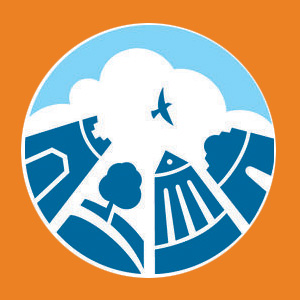
Serving Versus Observing Communities as Part of Preservation Practice
As one of the National Trust for Historic Preservation's "People #SavingPlaces," I write about working and communicating with underrepresented communities as part of preservation practice. In this article, I describe how I approach communities, as an outsider, in ways that promote mutual thriving.
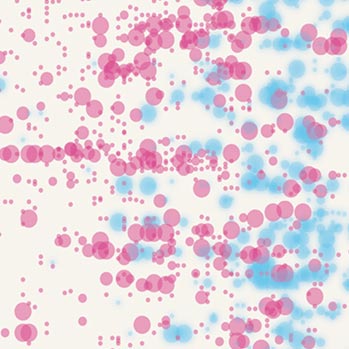
The Digital Future of Museums
In this chapter of The Digital Future of Museums (Routledge, 2020) Curator Sarah Brin and I discuss agency, expertise, play, trust and institutional change – both inside the traditional museum context and beyond.
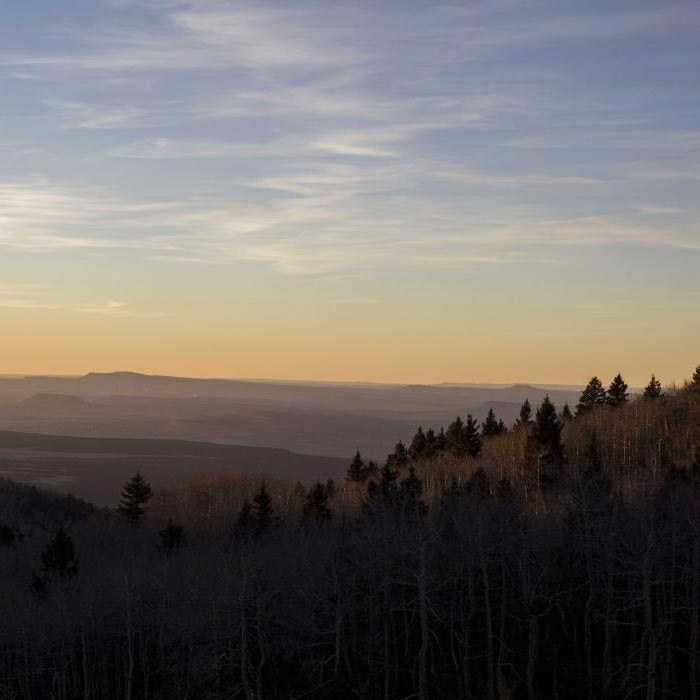
Extract: Locating Indigeneity in Immigrant Experiences
This article is a reflection of my early experiences in Diné Bikéyah (Navajoland) which shifted how I think about my ancestral lineage of immigration. I consider how contextualizing my Asian American identity in indigeneity has deepened my understanding of who I am on this land.
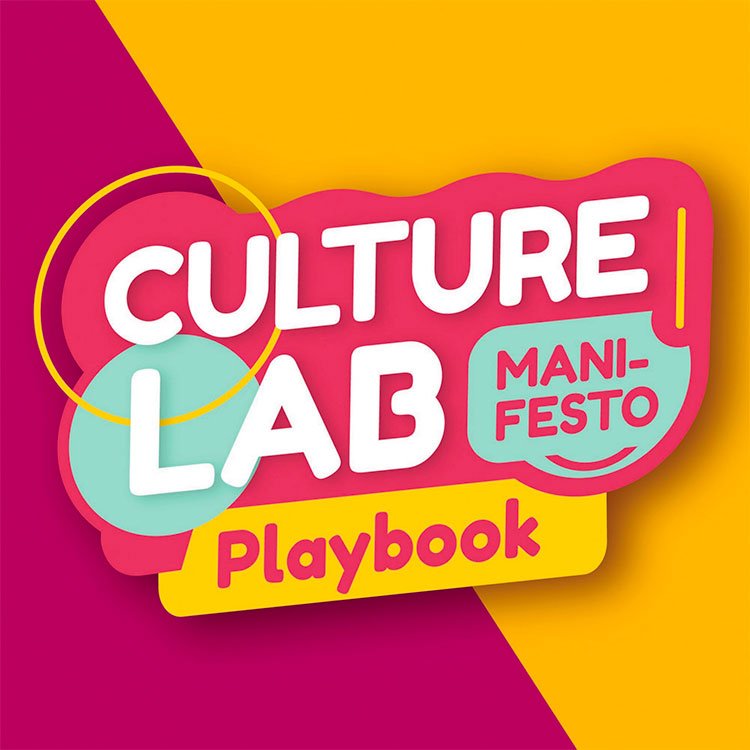
Culture Lab Playbook
The Culture Lab Playbook is the Smithsonian Asian Pacific American Center’s guide to community-centered museums practice, developed in collaboration with Education Specialist Andrea Kim Neighbors and a host of Culture Lab artists. It was released in Spring 2018 and has been used by museums, organizations, and schools throughout the world.
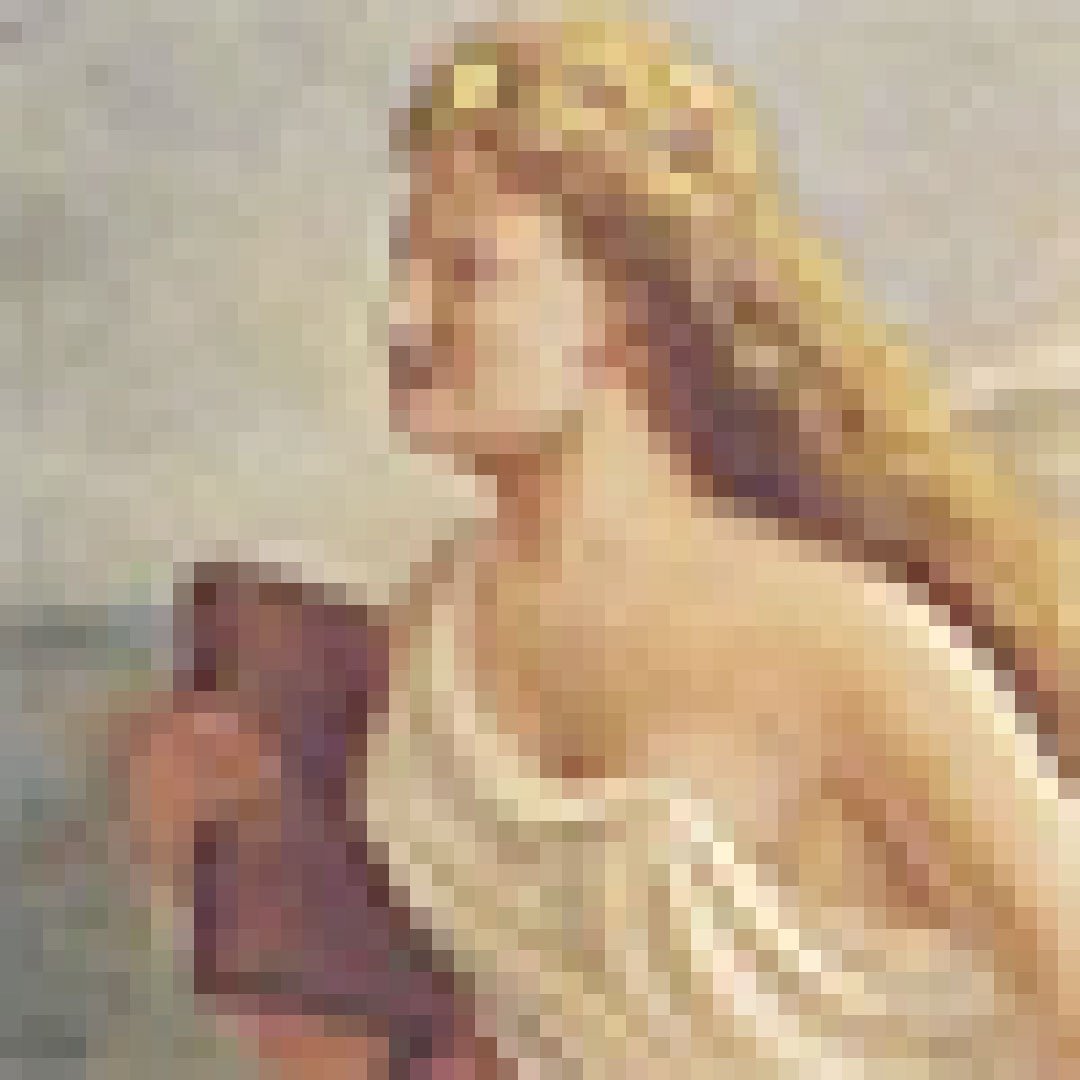
Digitized Destinies
In this talk, I describe how museums’ relentless pursuit for larger digital footprints are a continuation of an expansion-driven tradition rooted in Manifest Destiny. Presented in March 2018 at Georgetown University.
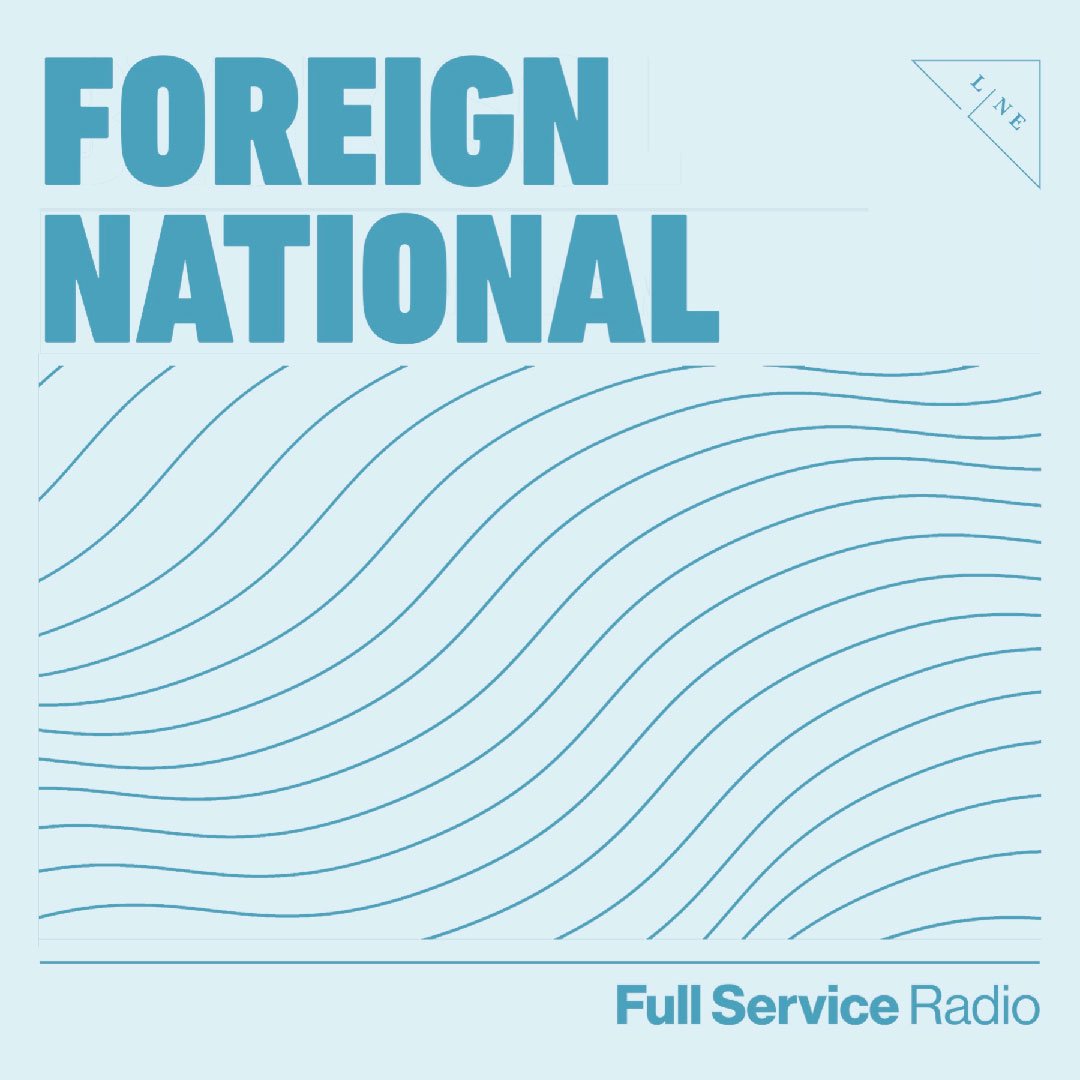
Foreign National
In this podcast interview, I talk with D.C. power-couple Seda Nak and Erik Bruner-Yang about what it means to experience food, art, and culture from a transnational perspective. I also talk about Culture Labs, and shout out my favorite Asian snacks!
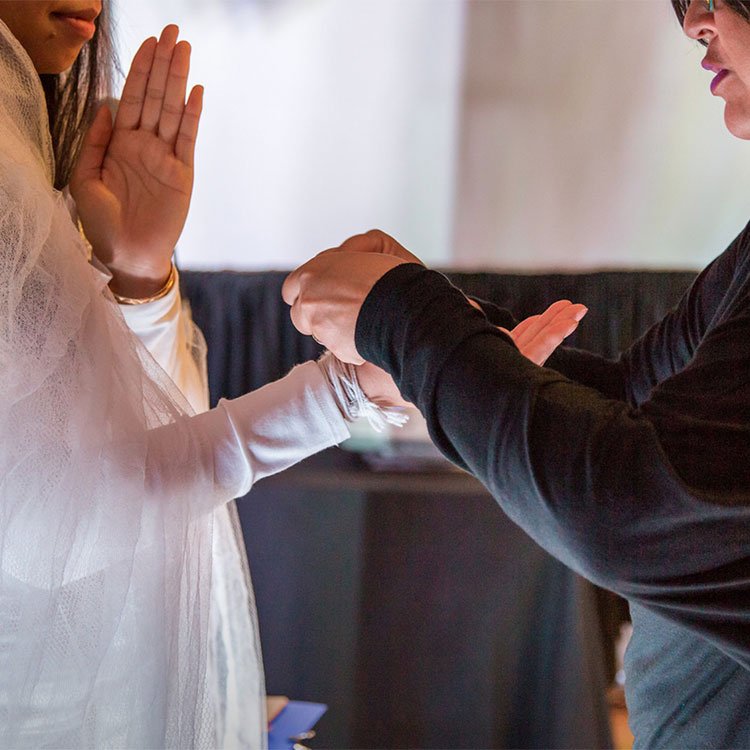
Grounded Pasts + Elevated Futures
In this talk, I challenge the current popularity of the term futurism by investigating the word’s troubled history, and how communities of color can resist conceptualizing time as a linear concept. Presented as a part of Curating Radical Futures Colloquium in November 2017 at the Tate Modern in London, presented by Outset and Arts Council England.
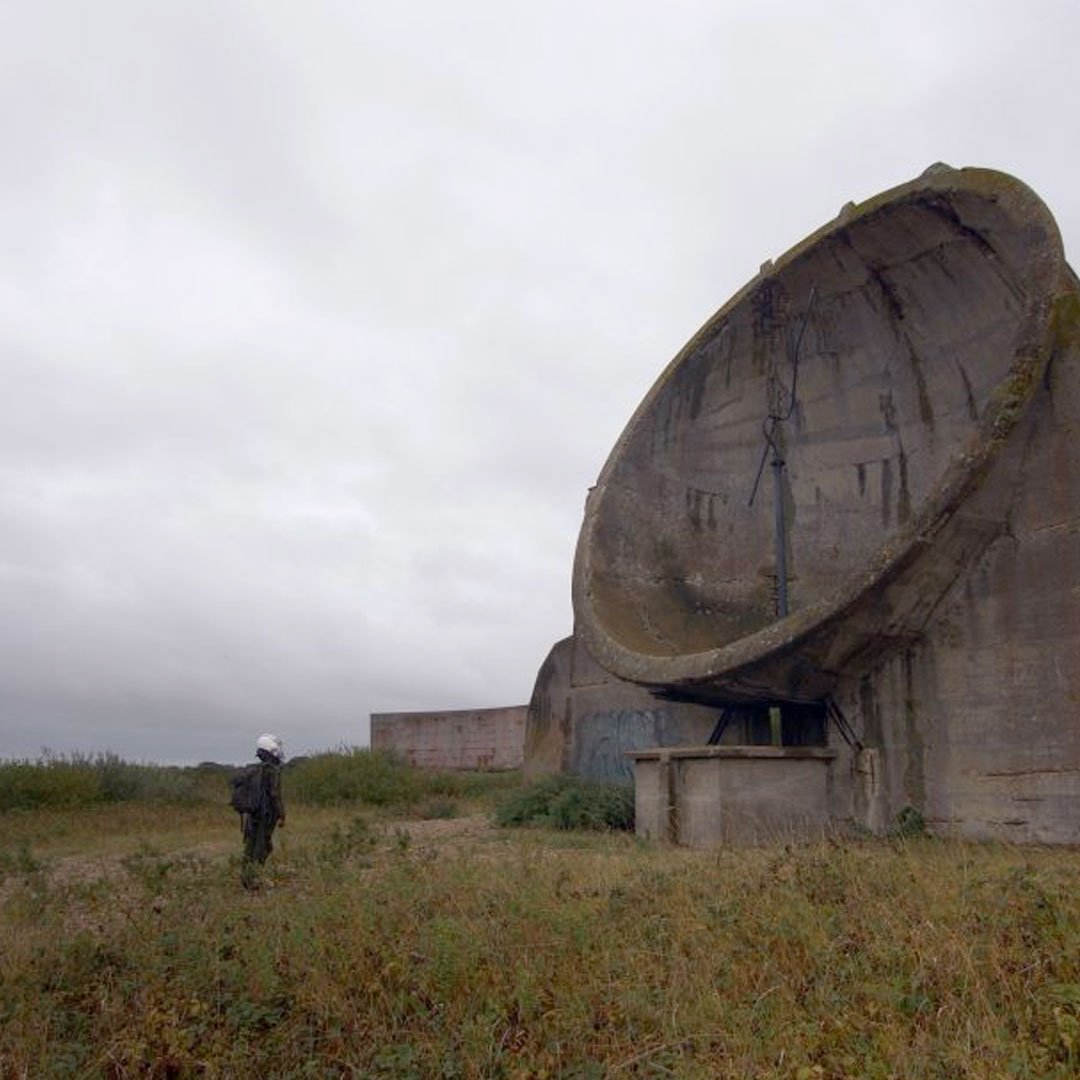
Curating Radical Futures
In this interview, I speak with London-based curator Annie Jael Kwan about how current conceptualizations of the future are informed by race discourse, gentrification, and activism. Recorded in preparation of my above talk, “Grounded Pasts + Elevated Futures”
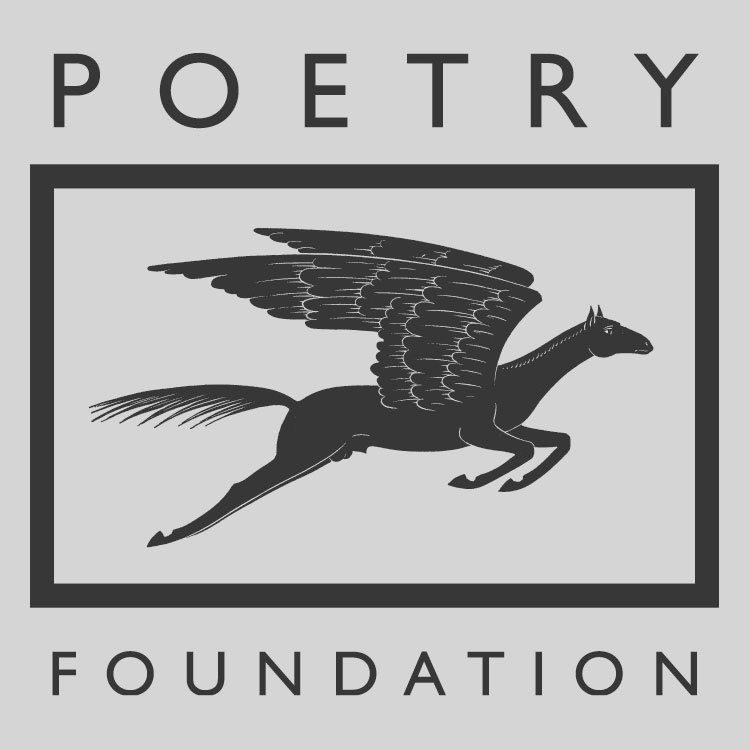
Culture Lab Manifesto
The Culture Lab Manifesto is the Smithsonian Asian Pacific American Center’s professed set of guiding principles for community-centered museums practice. It was developed by the Center’s staff after reflecting upon its first two Culture Labs, and made public as a resource for other organizations and institutions who work within communities. The Culture Lab Manifesto was published in the July/August 2017 issue of Poetry and officially debuted at the Smithsonian Asian American Literature Festival.
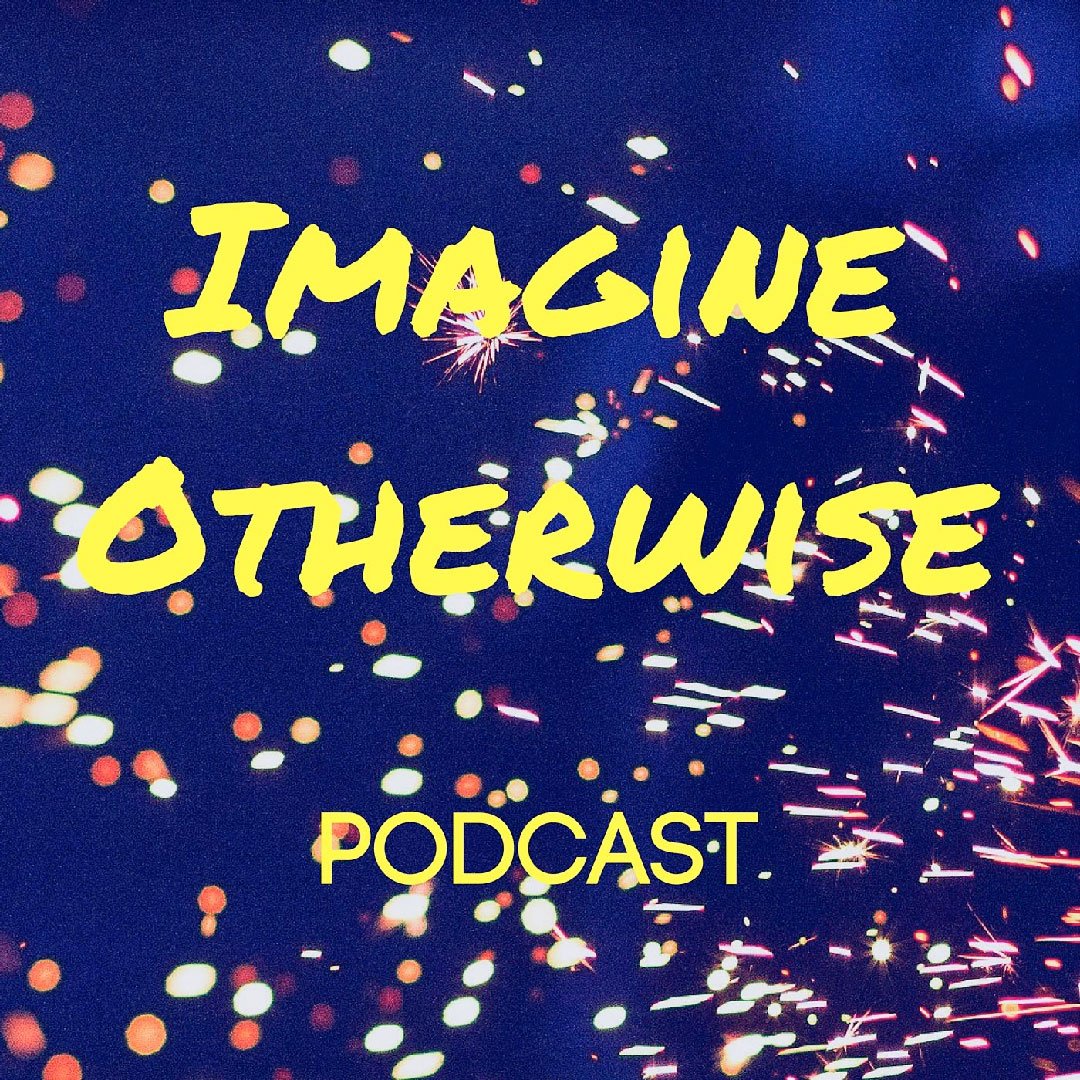
Imagine Otherwise: Radical Curation
In this podcast interview, I am joined by co-curators Kālewa Correa and Lawrence-Minh Bui Davis to talk about the process of developing the Smithsonian Asian Pacific American Center’s community-centered curatorial practice, and our vision for July 2017’s ʻAe Kai: A Culture Lab on Convergence in Honolulu.
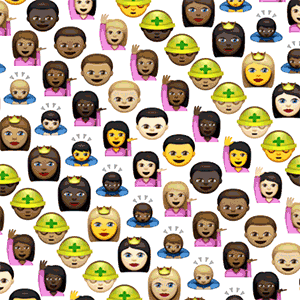
Dismantling Diversity in Museums
In this talk, I challenge museums that view diversity as a topic that can be contained in a program or position. I advocate for an approach to diversity that embraces people from vast walks of life coming as their full, complex, and nuanced selves. Presented in March 2017 at the Rockwell Museum in Corning, NY.
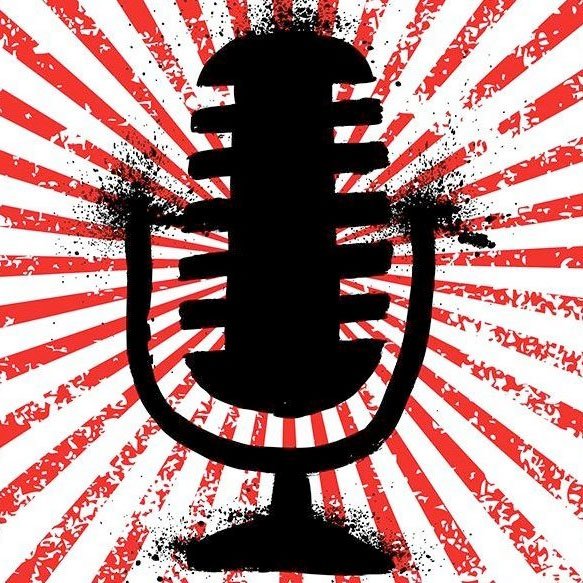
Museopunks: The State of Love and Trust
In this podcast interview, I speak with Suse Andersen and Jeffrey Inscho about what it means for museums to cultivate trust in communities that have not historically viewed institutions as places made for them.
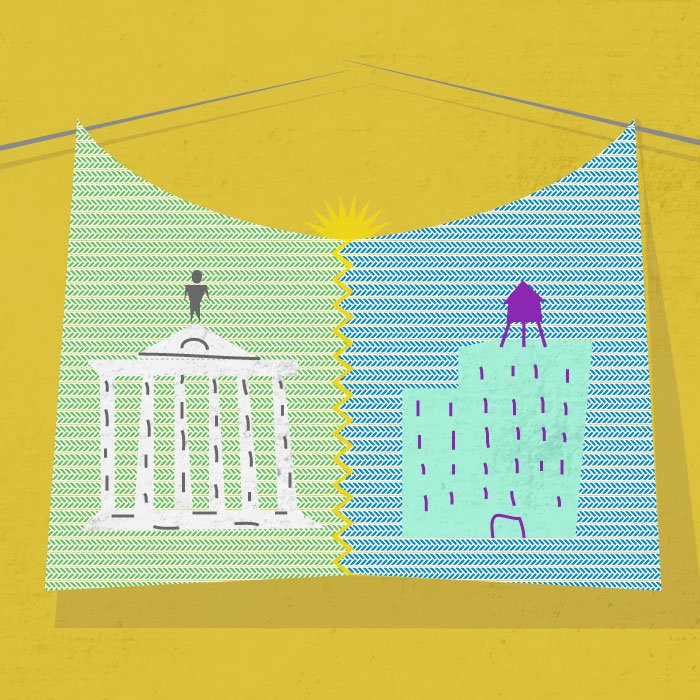
How Museums Can Better Serve Local Arts and DIY Venues
In this article, I describe the long and complex history between museums and DIY art spaces. Following the 2016 fatal disaster at Oakland’s Ghost Ship, I advocate for museums and institutions to share safety resources and information with DIY communities.
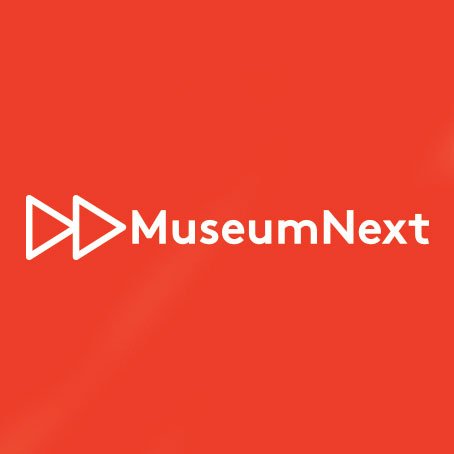
Building Communities of Trust
In this talk, I’m joined by co-curator Kālewa Correa to present the Smithsonian Asian Pacific American Center’s model for Culture Labs for the first time on an international stage. We describe how Culture Labs prioritize cultivating a deep sense of trust among artists, curators, museums, and their greater communities. Presented in February 2017 at MuseumNext at the Australian Centre for the Moving Image in Melbourne.
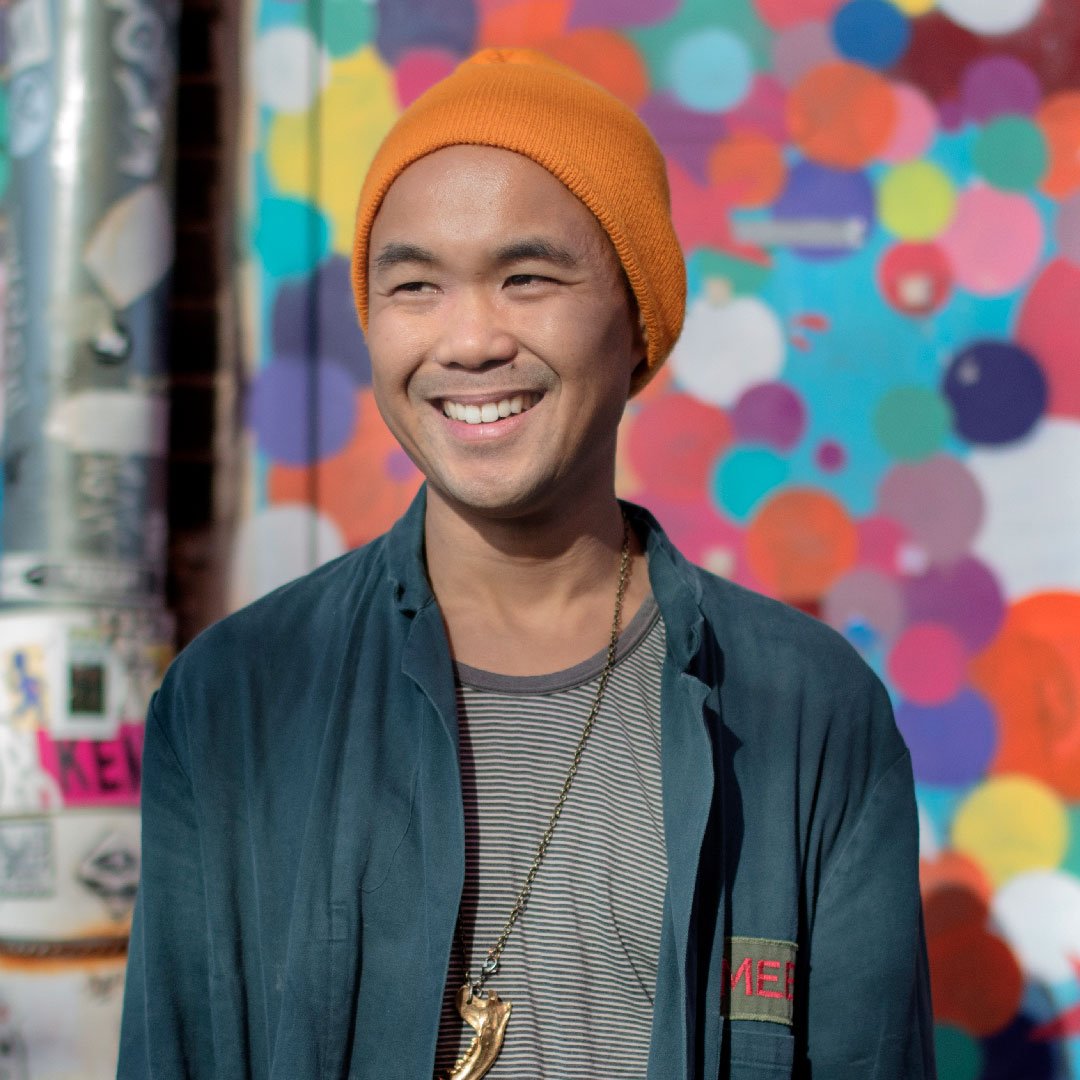
Smithsonian Thought Leaders
I was profiled in the Smithsonian’s 2016 Annual Report, and I took the opportunity to highlight communities that are often underserved by major museums. I describe the intentionality behind curating shows that might seem “rough around the edges” compared to pristine aesthetics common to museums, and why local Washington, D.C. culture deserves a place at the Smithsonian.
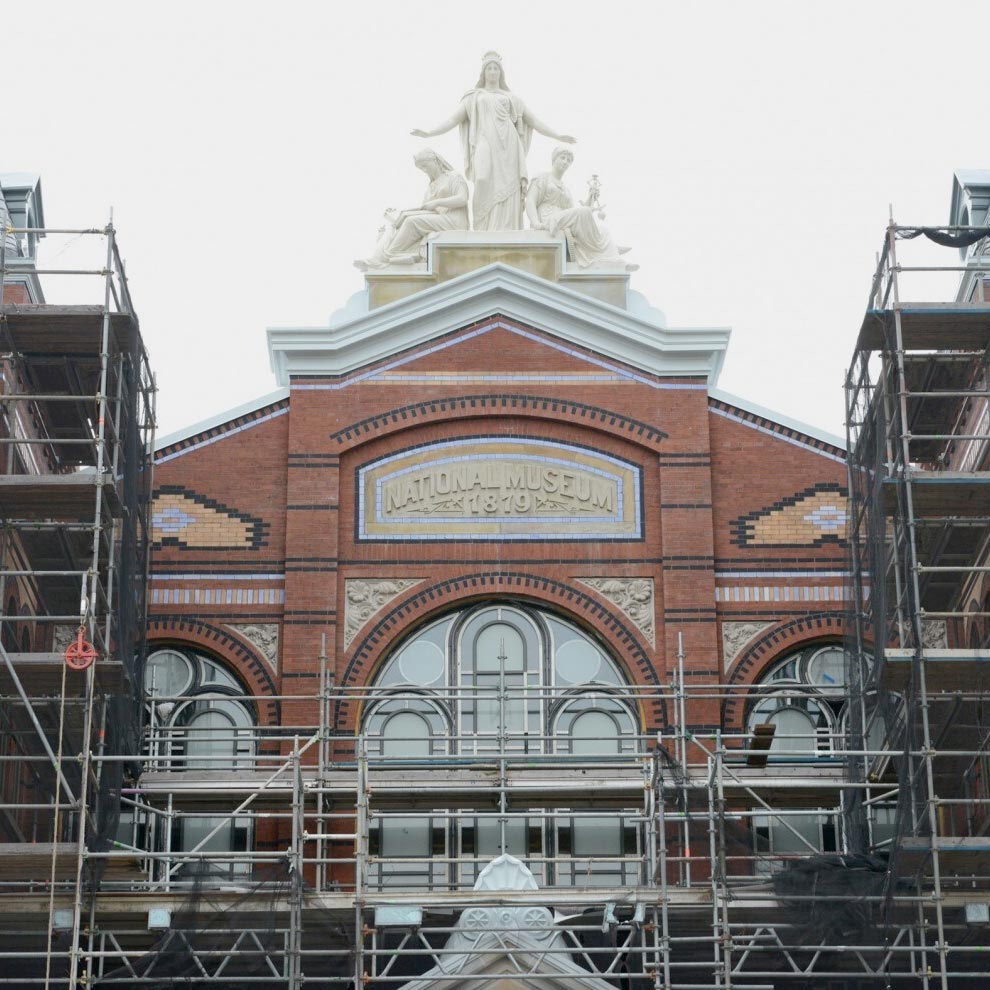
The Public Puts Great Trust in Museums, and Now It’s Time Museums Trust the Public
I wrote this article on the days leading up to CrossLines, the first Smithsonian Culture Lab, as a way to document the community-centered perspectives that went into the project's curatorial approach. I advocate for us to expand our imagination for how museums can steward information exchange and cultural preservation.
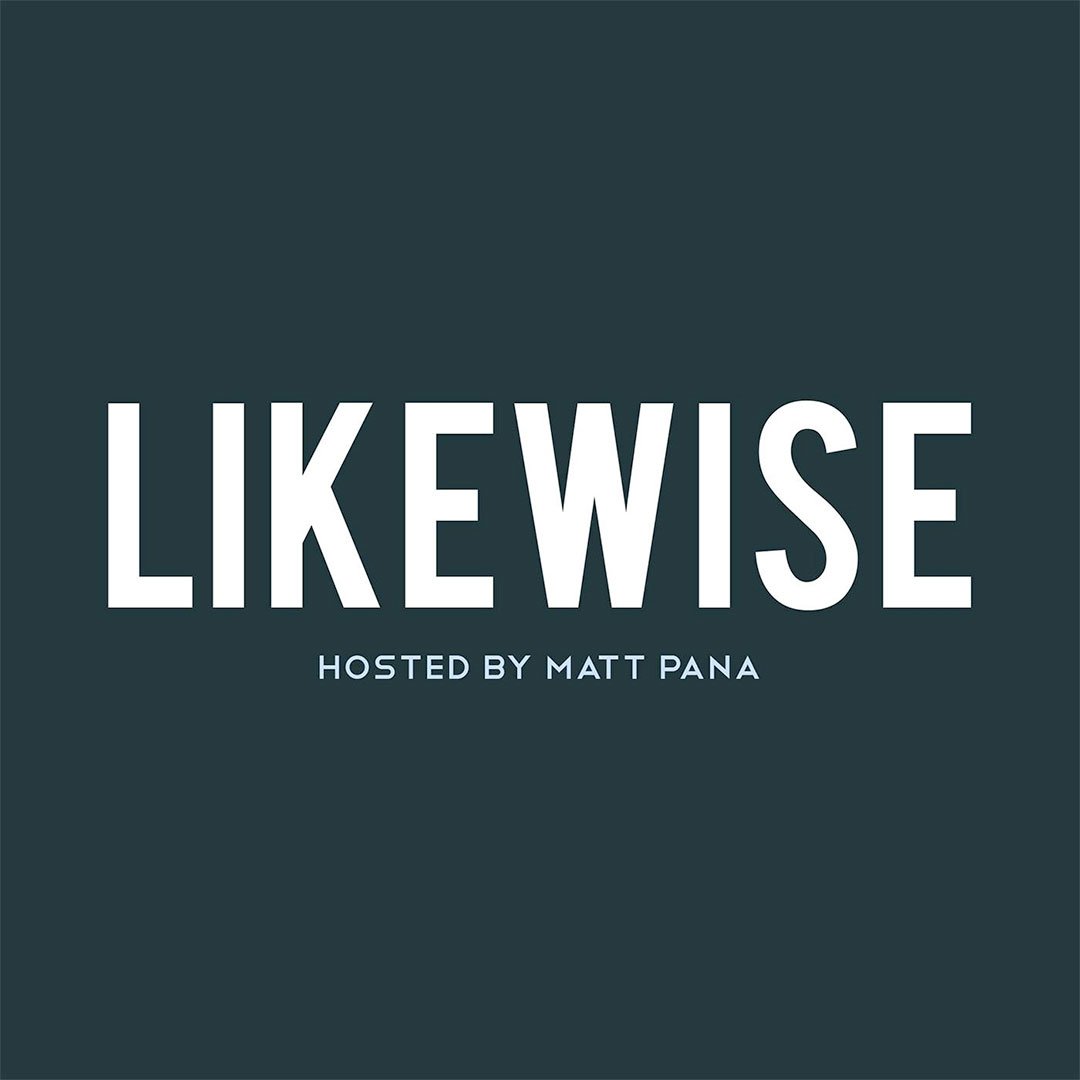
Likewise
In this podcast interview, I speak with fellow Bay Area native Matt Pana about how my path as a grassroots artist led to my position as a curator at the Smithsonian.
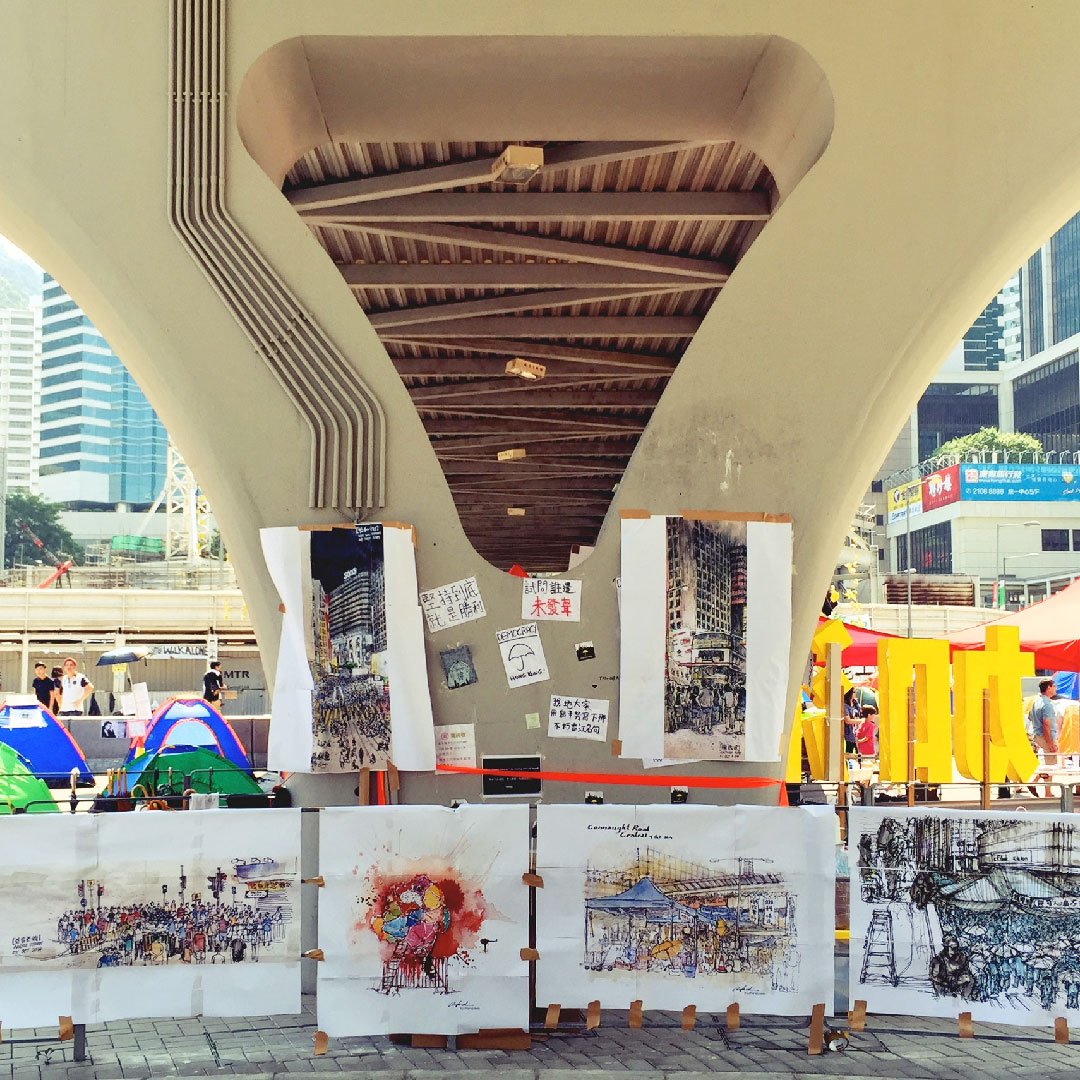
A Museum of the Future on the Streets of Hong Kong
In this written piece, I reflect on my October 2014 trip to Hong Kong to witness the Umbrella Movement. Through photos and prose, I describe how my encounters with the movement’s democratic approaches to art and education have influenced my understanding of what it means to curate in response to geopolitical moments. Originally published in the Fall/Winter issue of the Asian American Literary Review
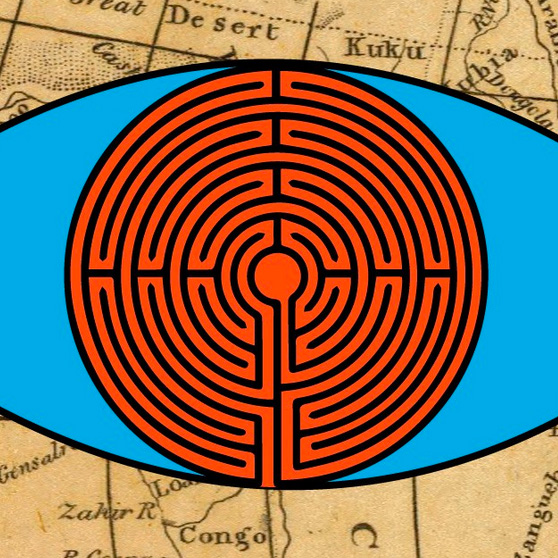
Redrawing Borders: Building Asia’s Museum Culture in the Digital Age
In my first published paper as a curator, I share my early research on the colonial history that introduced museums to Asia, and how emerging arts spaces in the region are using technology to carve new and unique methods for sharing art, history, and culture. Originally published and presented in October 2014 at Museums and the Web Asia in Daejeon, South Korea.
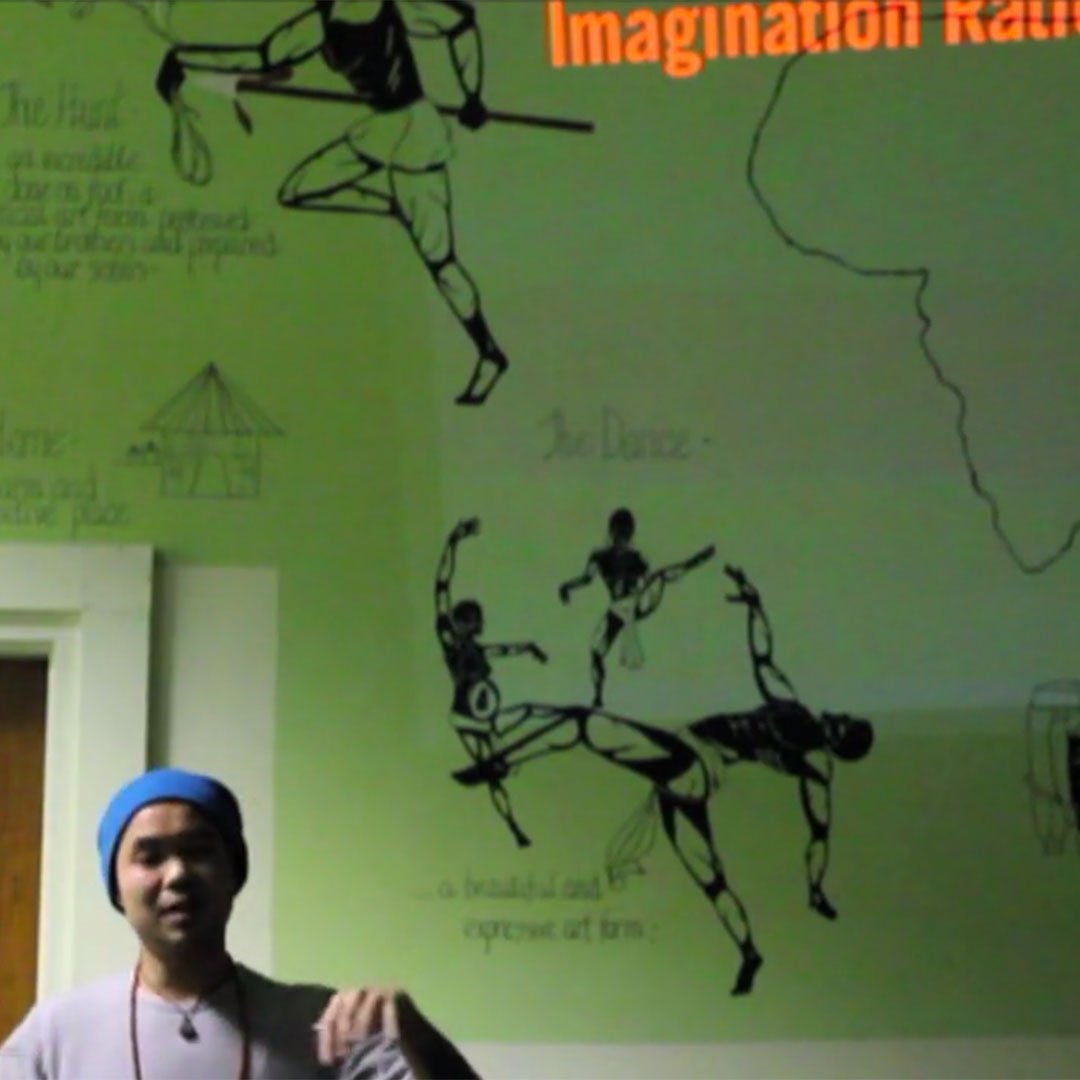
Imagineering the HereNow
My belief in the power of collective imagination was born out of my work with iLL-Literacy. In this talk, I describe why creativity and activism share a vital relationship, and how the history of activism can be traced through a constant flow of new ideas. Presented in November 2010 as a part of iLL-Literacy’s CampusBUiLLD at Ithaca College.
